Daniel Drake

I wrote, directed, and edited 15 minutes of an
30 31
original sitcom pilot named Dichlünd.
The premise is that after a stress-induced breakdown,

an over-critical, neurotic twentysomething
32 33


to find her happy place bought and rebranded by the kooky, panoptic tech company, Dich. returns home to Seattle from the New York Finance world
34
35
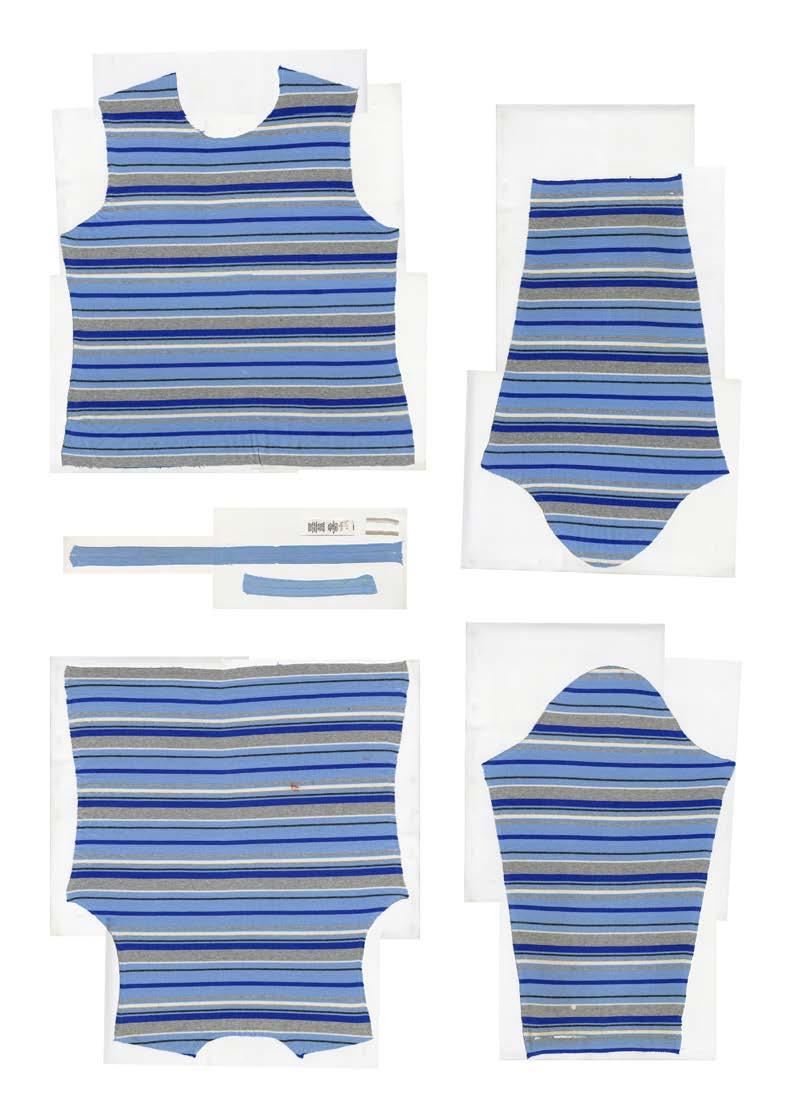
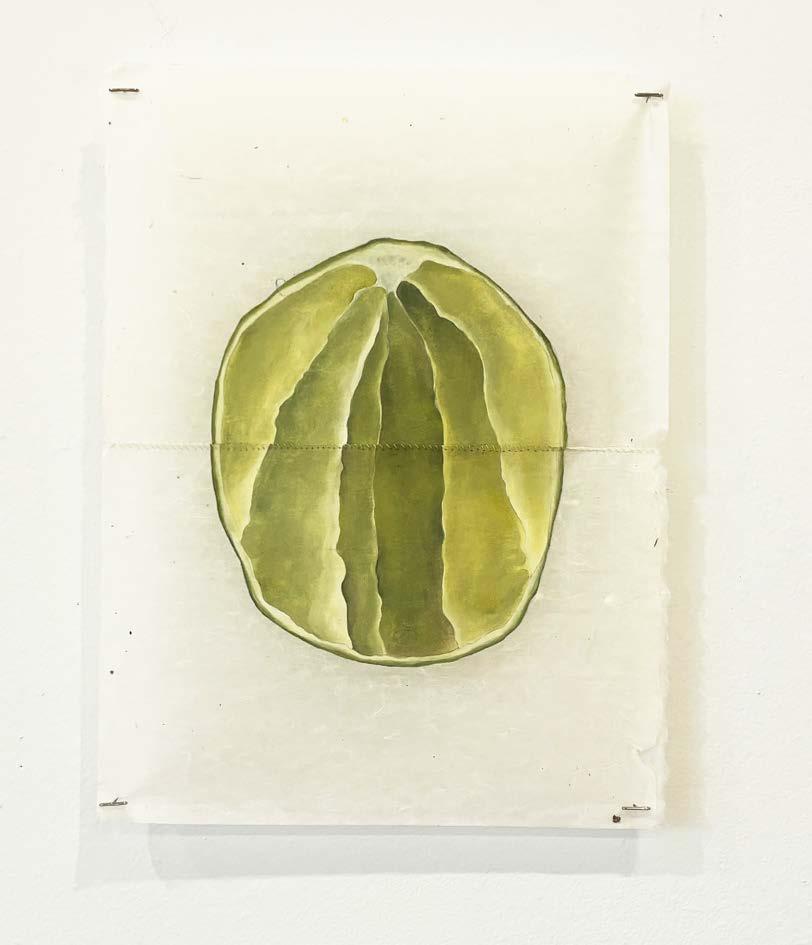
36 37 Hazel
Flaherty
Hazel is a student of art and architecture.
She is particularly interested in capturing spaces from memory–


distorted childhood memory.
38 39
Disciplines of painting, sewing, and ceramics
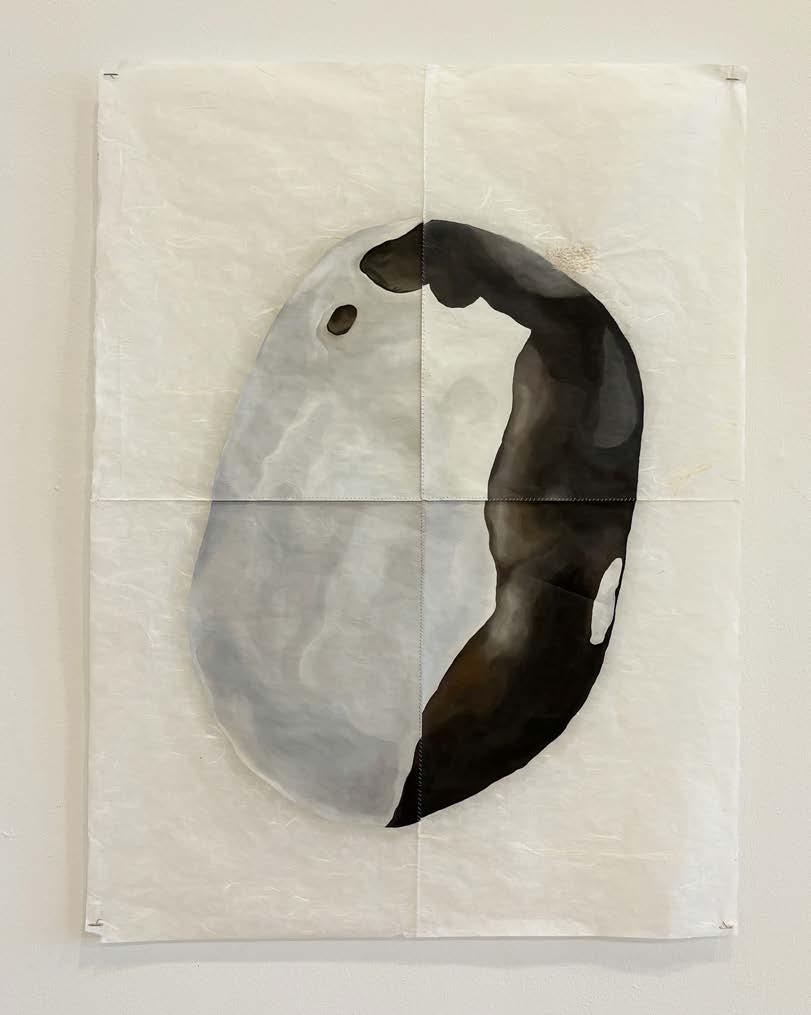

are joined by a practice of mending and visible labor.
40 41

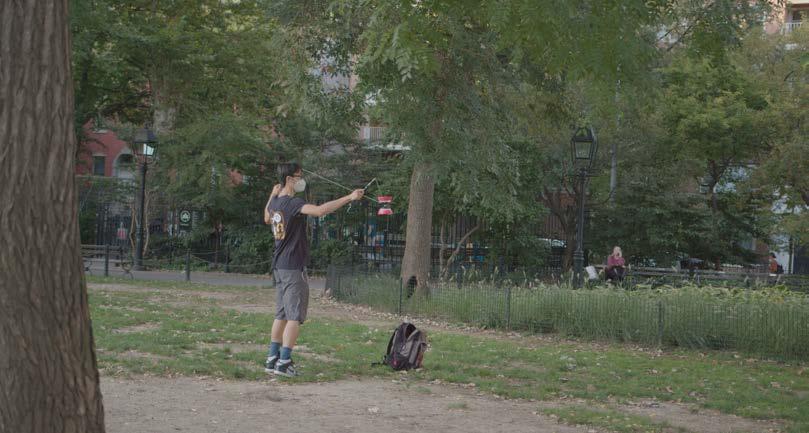
42 43
Sreesha Ghosh
Sreesha is a filmmaker born and raised in Dubai.
Despite occasionally dabbling in narrative filmmaking and animation,

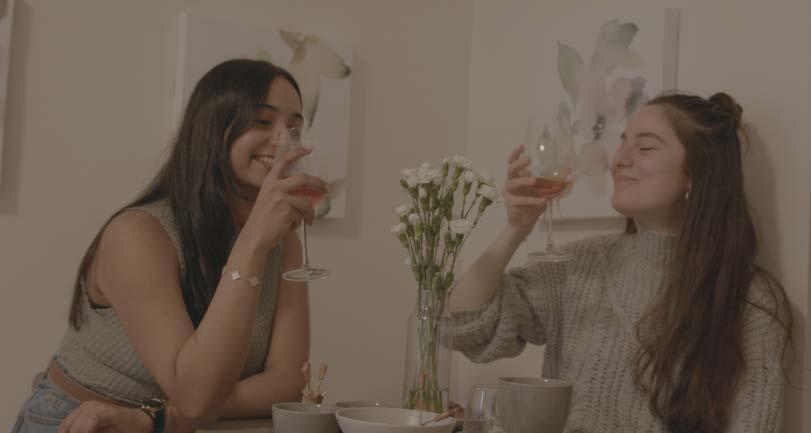
her primary interest lies in using documentary to tell stories of strong women,
44 45
or
be it through the lens of


46 47
as a form of bodily autonomy.
cosplay
donation
egg
Her senior film, fraternal , turns the camera inward for the first time

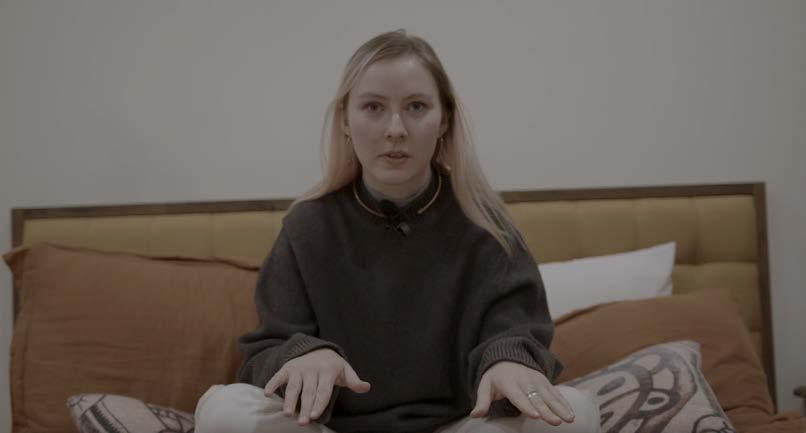
to explore the relationship between her and her twin sister.
48 49


I am interested in the concept of worship in a quotidian, non-religious, and interpersonal context.
50 51
Lana Glisic
In my work, I like to draw together technological, religious, and scientific imagery

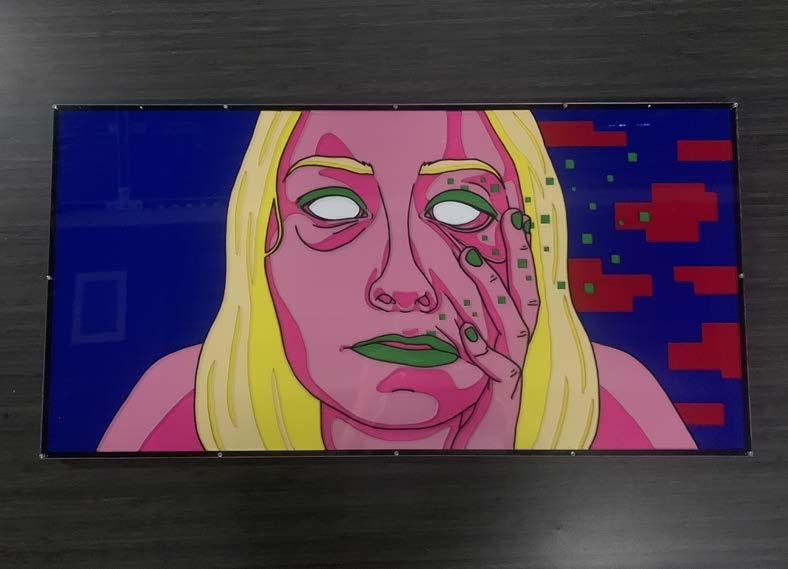
that is reminiscent of the science fiction comics I read as a child.
52 53
I am inspired by interdisciplinary applications of computer science, visual arts, neuroscience, and philosophy.
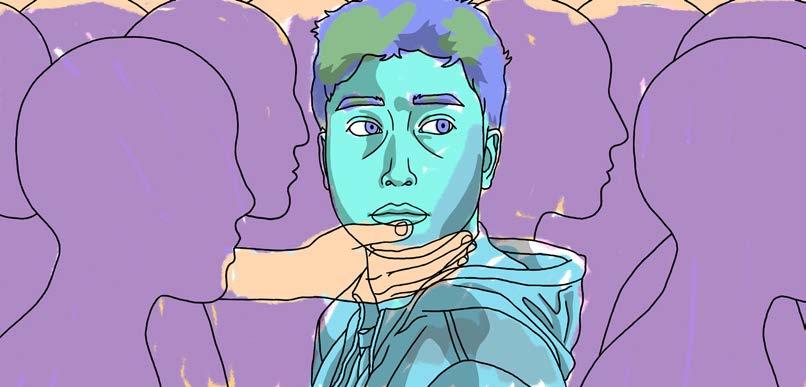
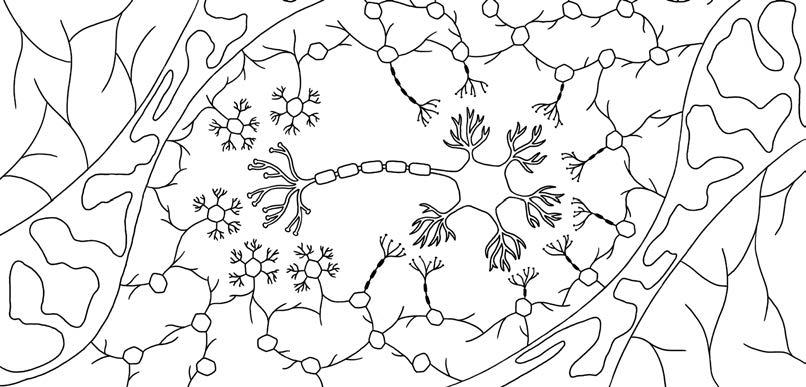
Recently, I have been making mosaics out of laser-cut acrylic sheets.
54 55
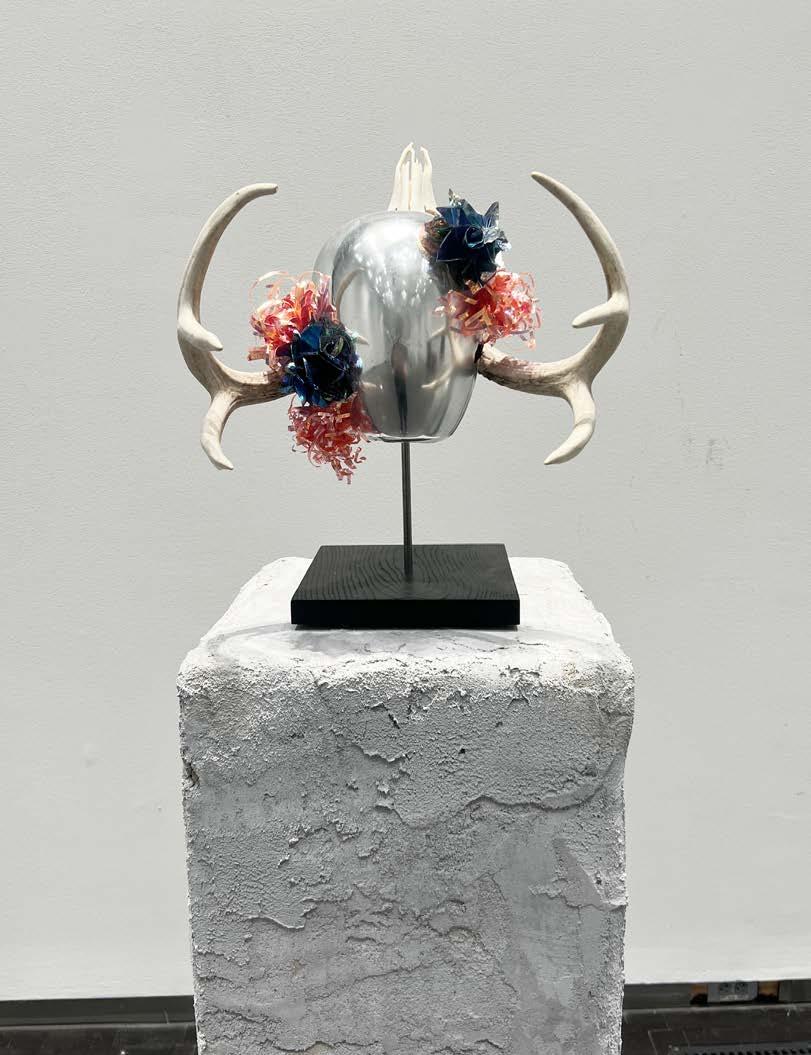

56 57
Evan Haley
"Programmed to Rust"
A drop of molten silver sinks its teeth in my estuaried stomach annealing
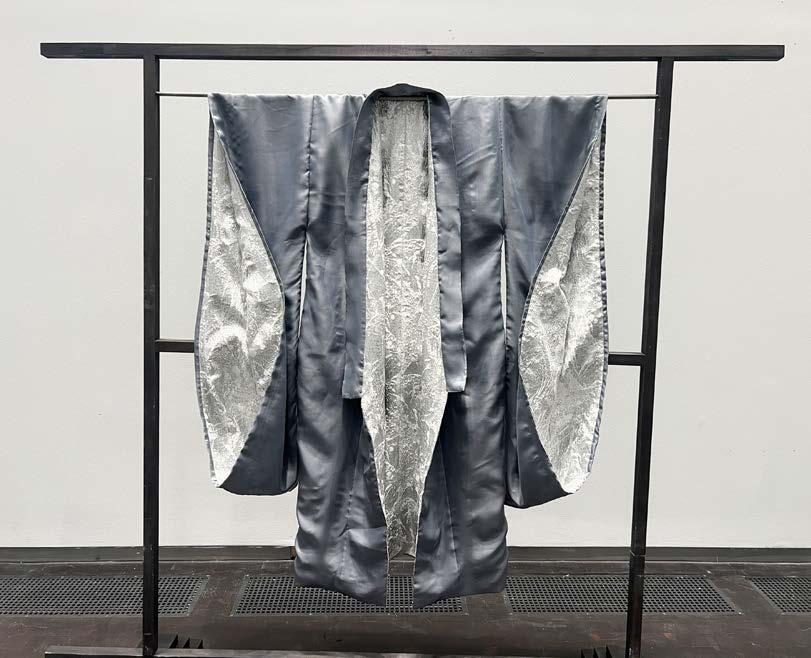
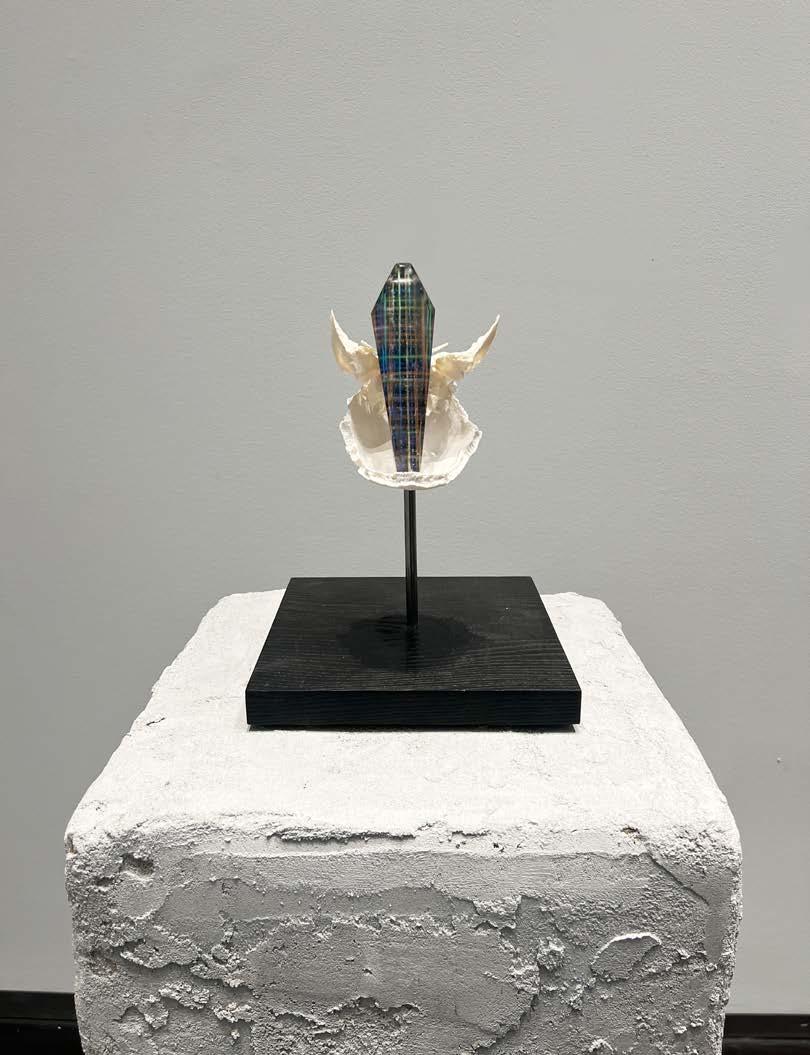
through atmospheric reentry tempering fault lines
58 59
Grinding tectonic it snarls and cowers in a sulking corner lurching skyward


I look down upon masticated forests weep for the starlings over Rome
61
60
The trees don't mourn for you
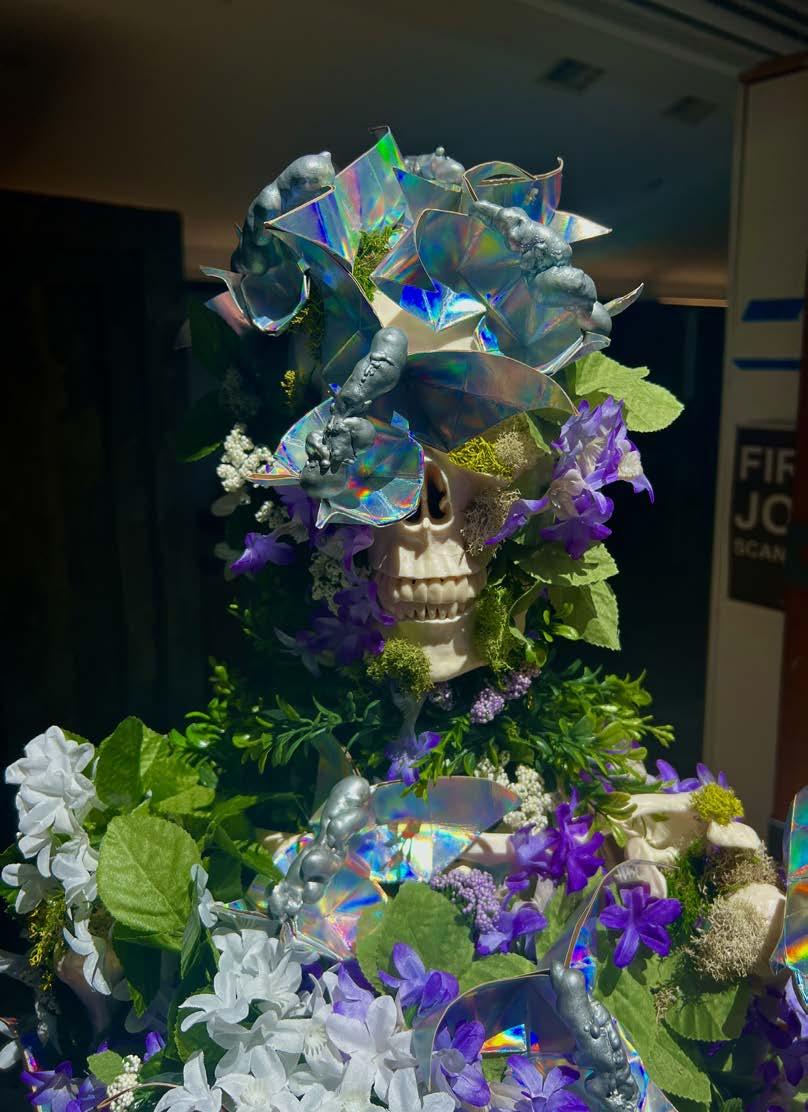


I eviscerate into a tangle of reticence
62 63
I now understand the reason why
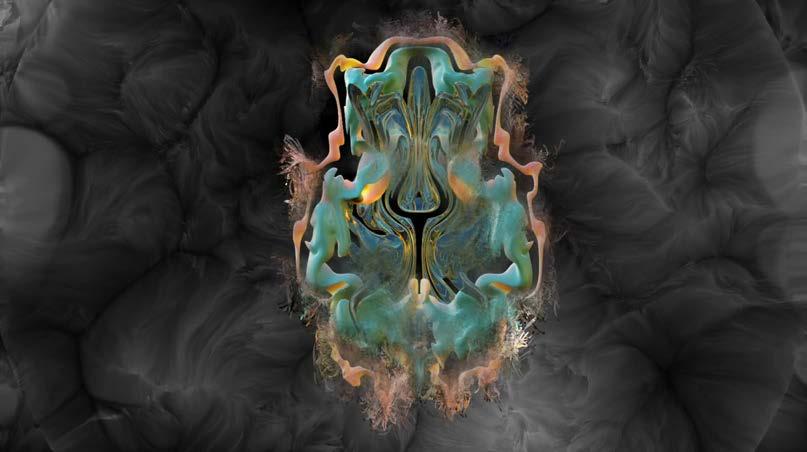

They're being born without mouths
64 65

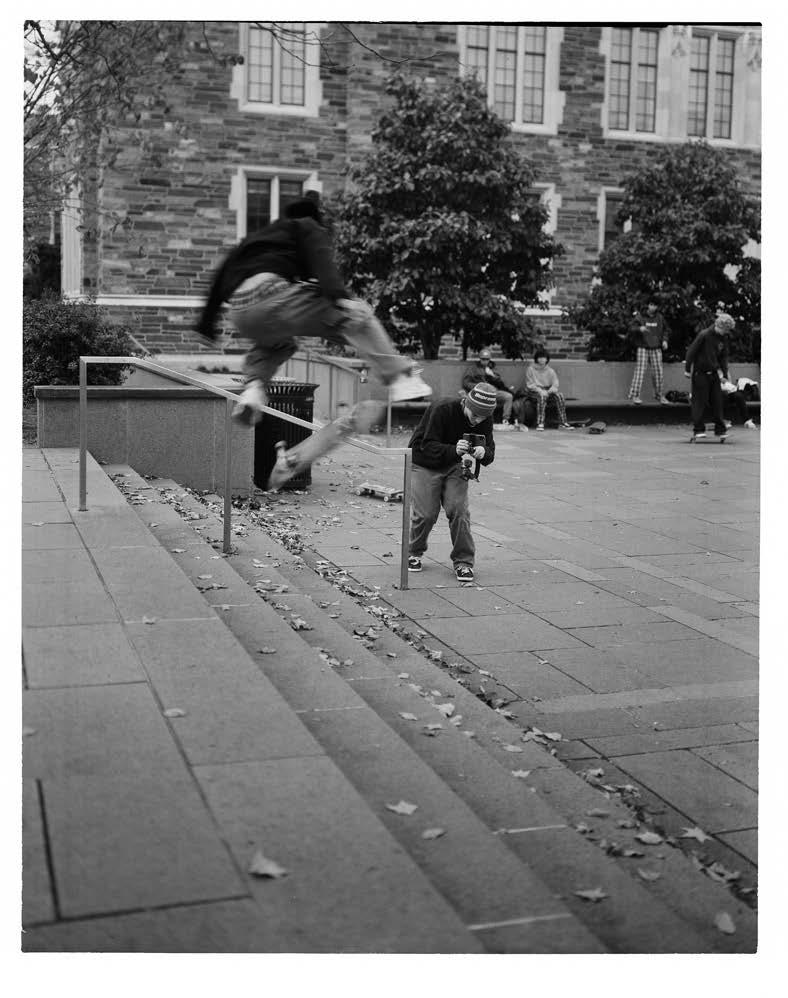
During his time at Princeton, Petr began his artistic journey –discovering mediums, references, and direction.
66 67 Petr Karpov
Some of his favorite ventures included collage, sculpture, DJing, darkroom photography, rug tufting, montage, and installing the works produced from these processes.

He would like to thank the program in the visual arts and its near-endless facilities and supplies, the mentors who guided him, and the cohort who accompanied him on his journey.
68 69
free useless was a nonobjective art exhibition created by Petr Karpov. The show’s title is both a call to action and adjectives describing the quality of the work displayed.


The art of free useless does not try to persuade you or push its narrative: it is art for the sake of being art.
70 71
The Common presents ⍰⍰⍰ is the senior thesis show of Luke Shannon and Petr Karpov – a construction of arenas, scanners, and a series of performances.

Visitors may alternate between spectator, player, plotter, artist, and artwork, and are invited to create additional roles of their liking.
72 73
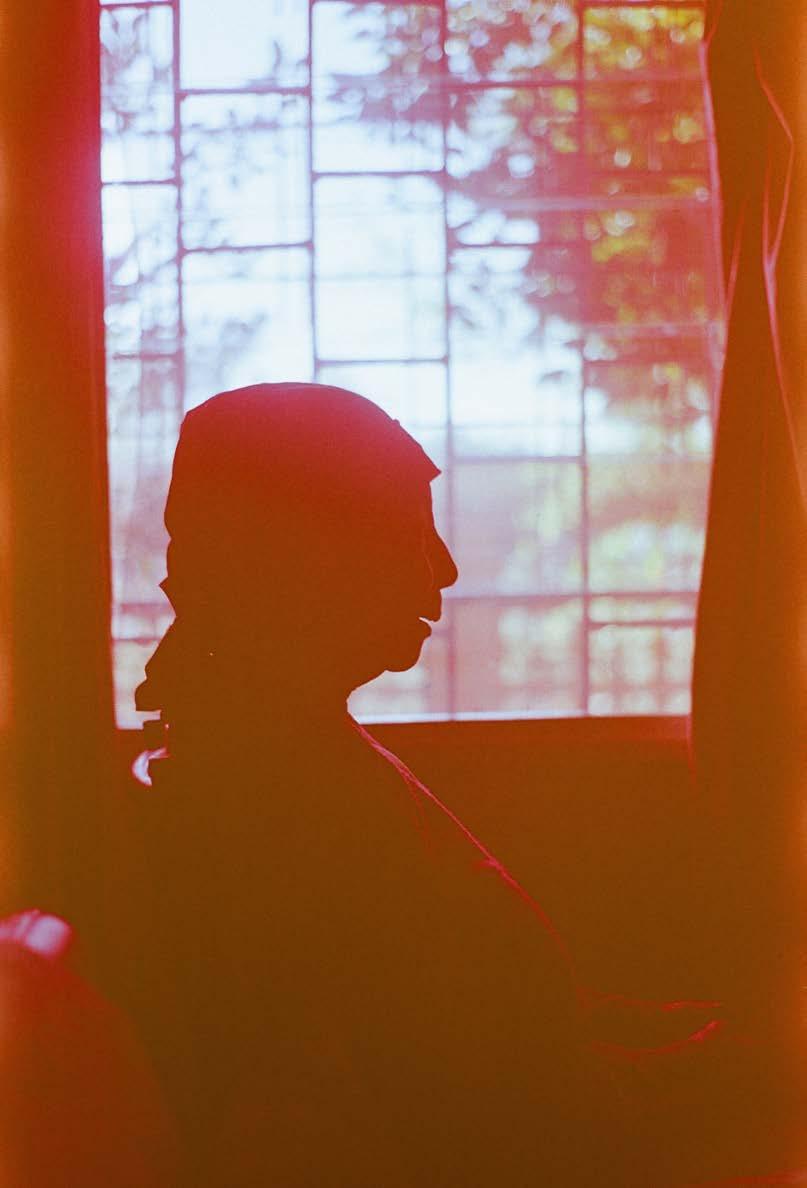
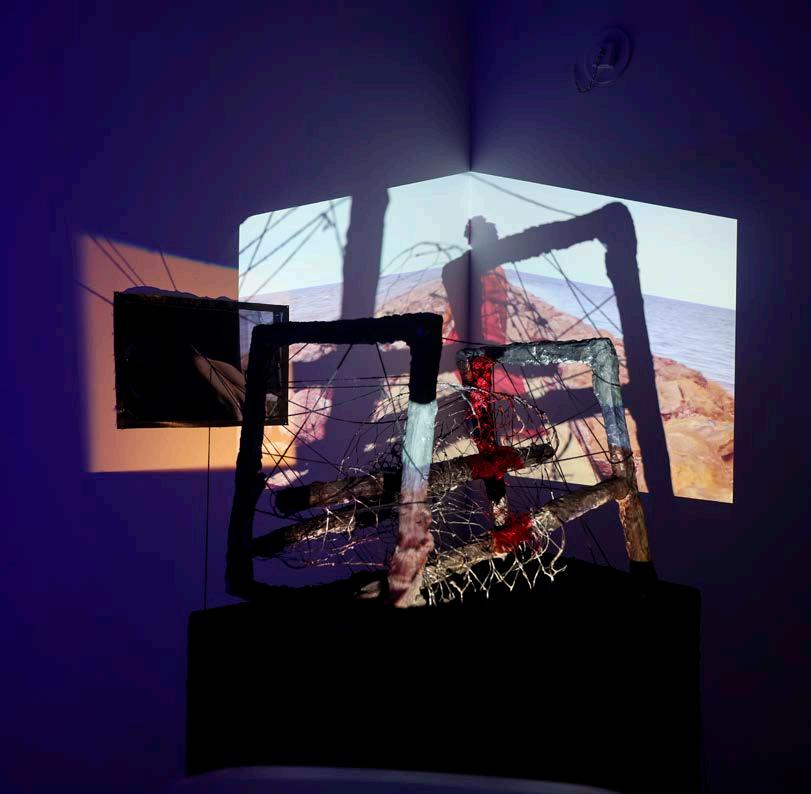
74 75
Macanze
Erin Ressano
Erin is a multi-media artist born and raised in Maputo, Mozambique. Her work brings into question the notion of the archive within a fragmented communal space.
Through Wikile and the study of generational remembrance, Erin was able to create an evershifting archive that lies within this liminal space.
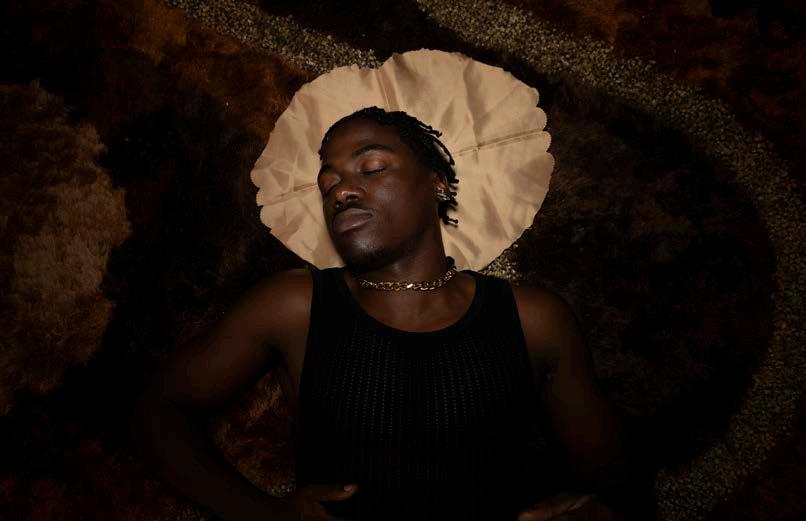
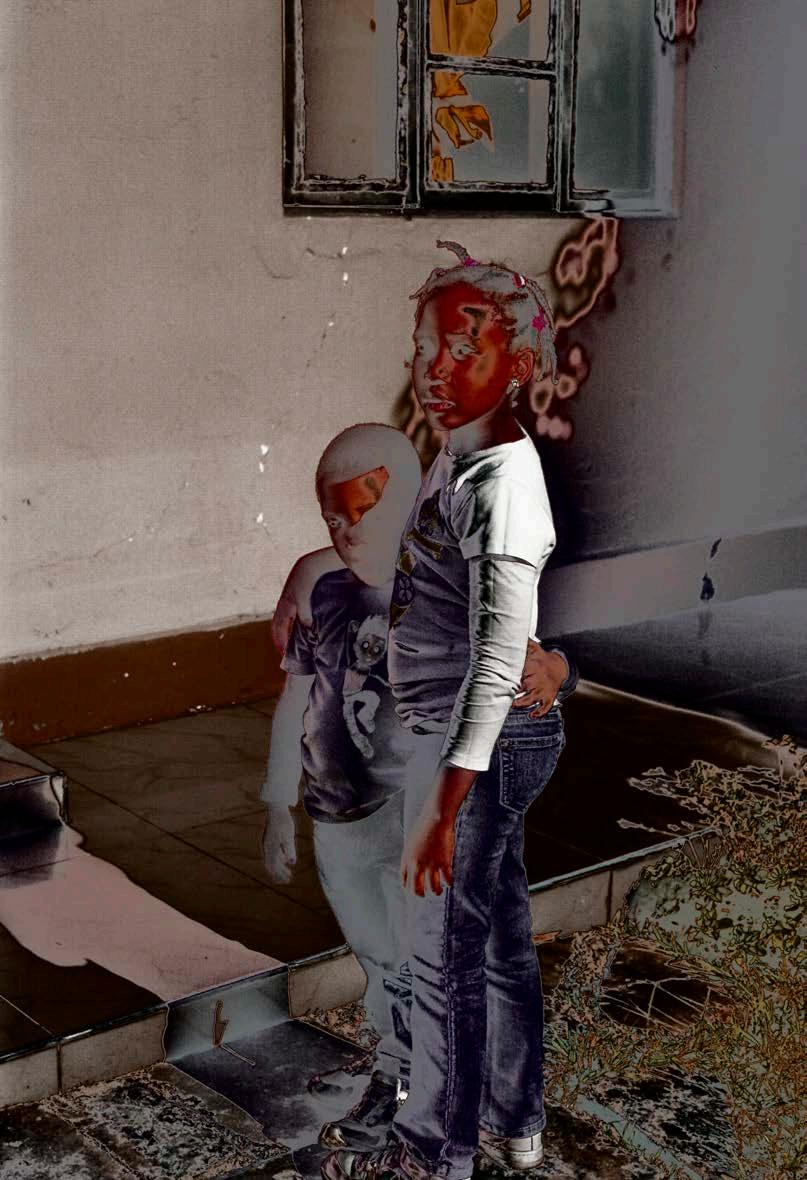
Wikile, the umbrella term that is used to define what is undefinable, expresses itself best in the very act of trying. This fragmented knowledge-space that thrives off of the chaos of the crumbling.
76 77
And this crumbling can be seen and expressed in various different manners and mediums. Generational remembrance is a maneuvering of sorts of ancestral histories.


The art created based on these histories is heavily influenced by an individual's personal conceptions of what these histories are without the need of a complete certainty.
78 79
This work leans further into this uncertainty and this unknowing as foundational tools instead of inhibitors.
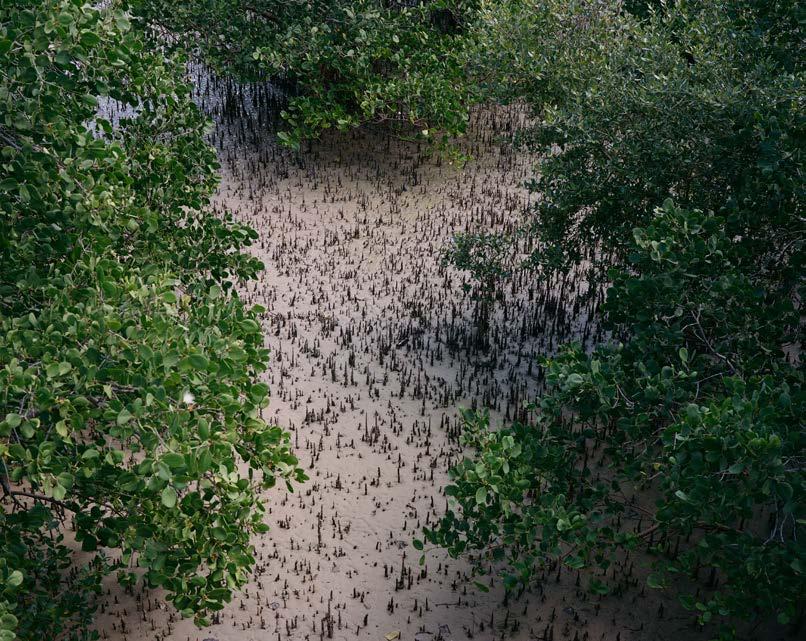
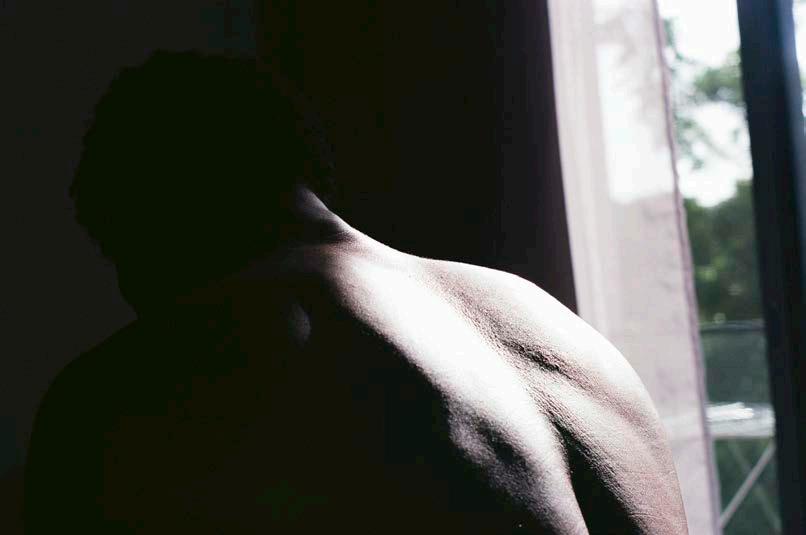
Through her experimentation and at times purposeful wielding of light and color she hopes to capture the vibrational essence of the being and its environment.
80 81
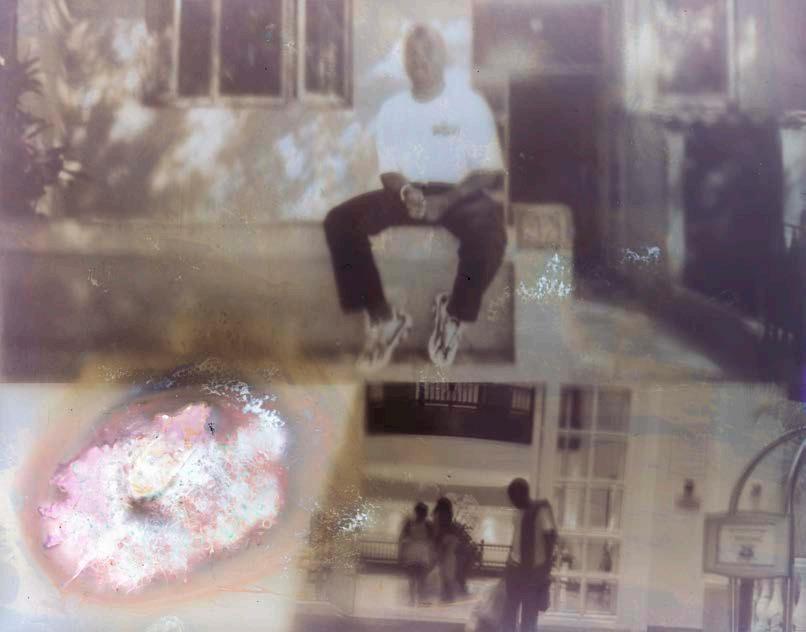

The work by its obscuring and fading nature invites the viewer to look closer and shed all of its layers until they find the grounding themes of intimacy, interconnectedness, and becoming.
82 83


I see things as seams, which can bring things together,
84 85
Emma Mohrmann
like mortar in brick or thread in textiles, but also a place where everything can be torn apart or divided with a single pull.
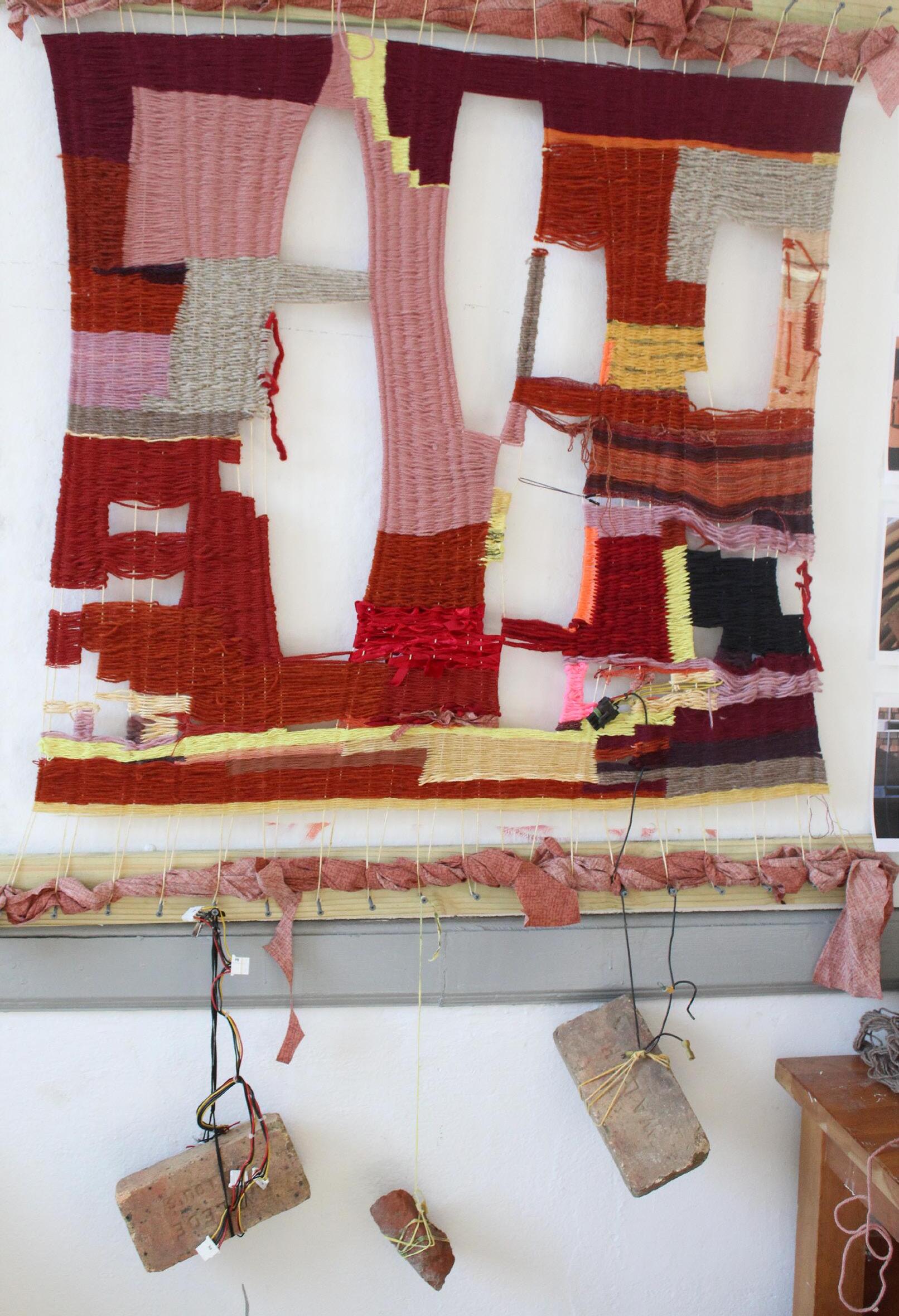

I explore the tension between comfort and constriction, permanence and impermanence, and process and progress.
86 87
Through the lens of St. Louis, my hometown, and various personal materials,
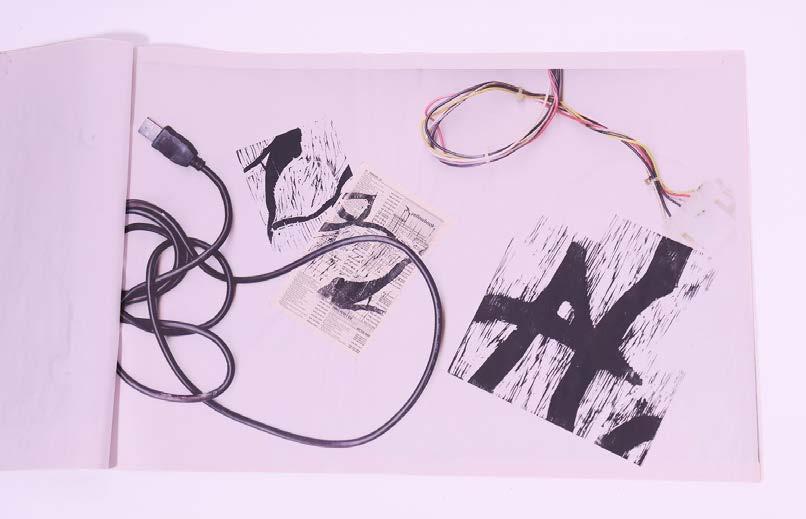
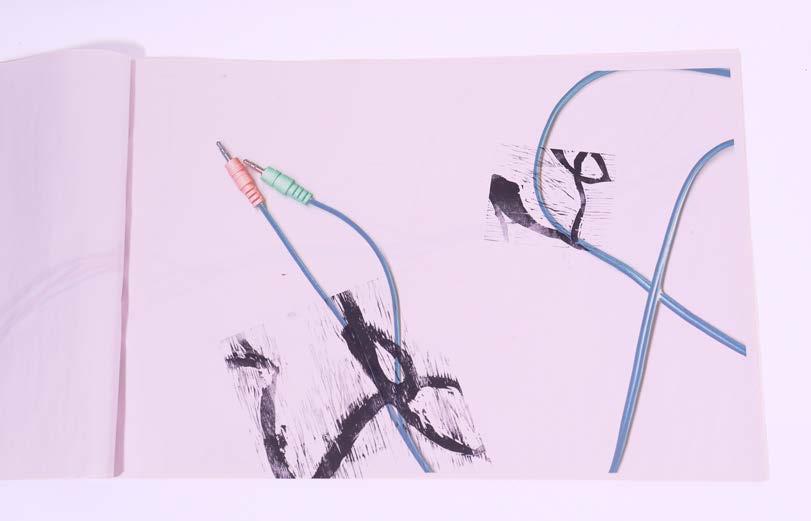
I slowly deconstruct and reconstruct memories through city and bodily skin.
89
88
I wrap and wrap and wrap until a line a wire a string a word become indistinguishable and weight takes over.

90 91


Questions of function, failure and recognition cluster around specific and indeterminate objects as mediated by drawing and sculpture.
92 93 Cary
Moore
The work explores the effects of weight and value.


The floor is emphasized as a plane of viewing and movement. Gravity is embraced in this vein.
94 95
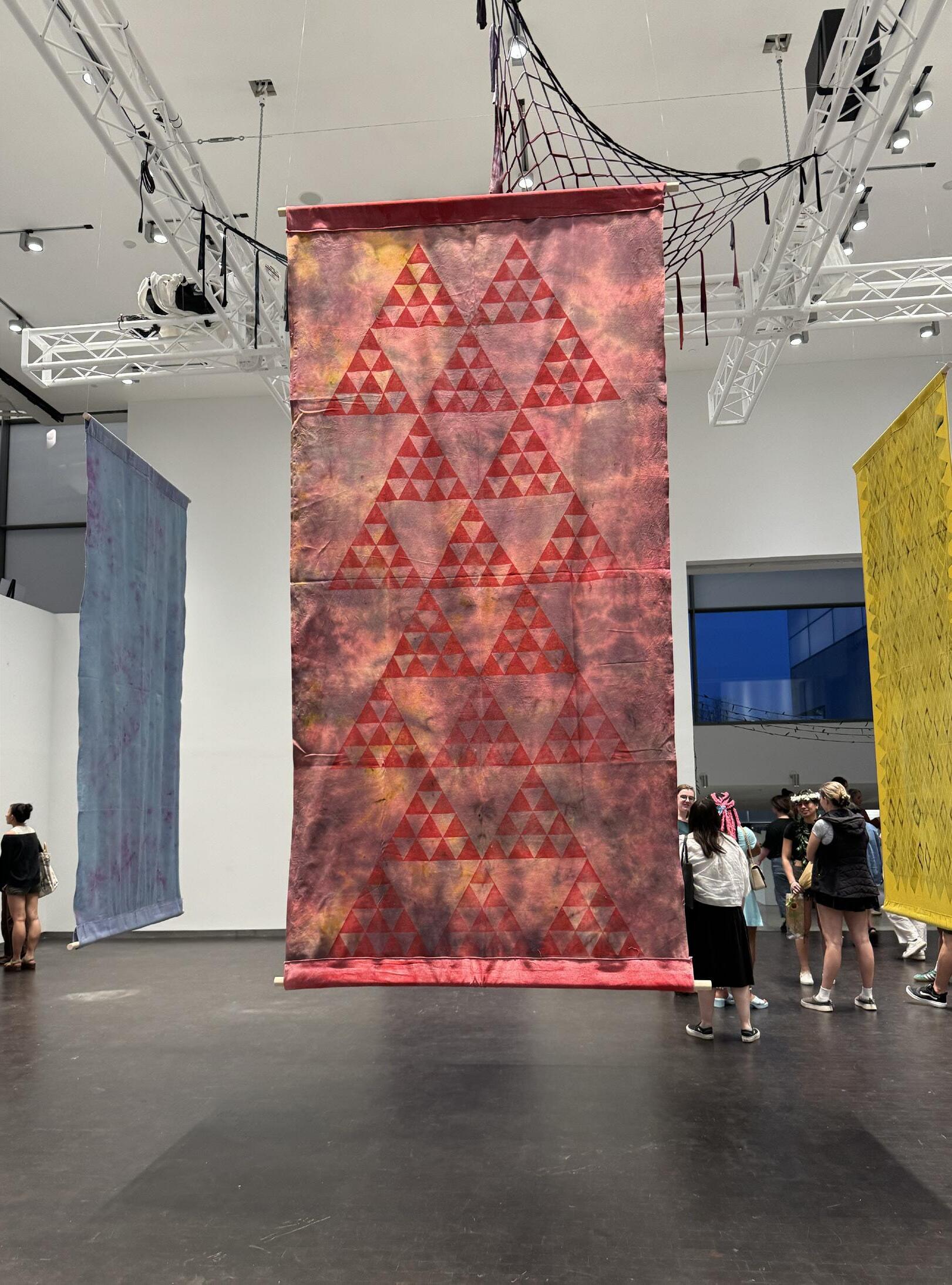
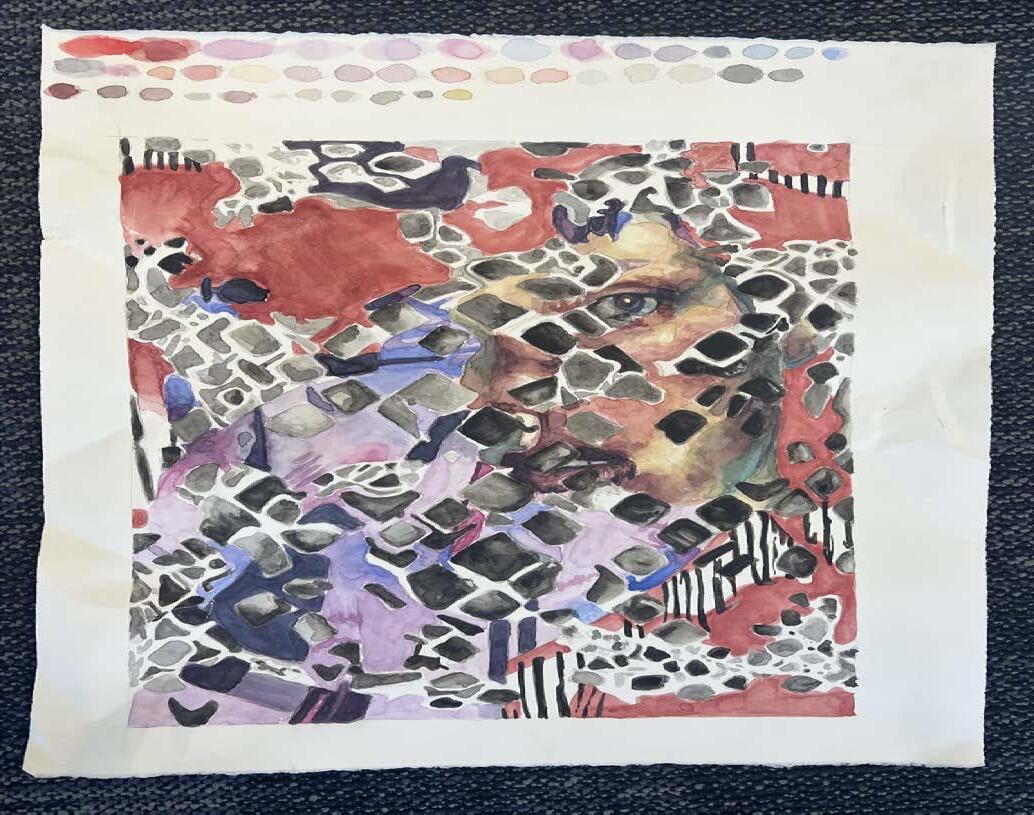
96 97
Kapili Naehu-Ramos
Moʻo: a small fragment, of a whole.
Moʻ omo ʻo: strips of wauke, assembled to form sheets of kapa.
Moʻ o, mo ʻ o ʻāina: a narrow strip, of land, within an ʻili, within an ahupuaʻ a.


Moʻo: ridge, as of a mountain, as of the line of your spine, under your skin, bones raised, stacked up your back: kua, on which you carry, ʻ auamo.
98 99
Moʻo: a narrow path, a track. A raised surface, stripes of land between irrigation streamlets, veins of a loʻi, ever flowing wai.


Moʻo: a biological design, familial, genealogical line. Hoʻ omo ʻo: perpetual succession, to follow a course, hoʻ omau: to preserve, extended through time.
100 101
Moʻo: a descendant, a grandchild, kuʻ u mo ʻ o lei, beloved of mine.
Moʻ o, mo ʻolelo: tradition, history, story, myth, legend, mo ʻ o ʻōlelo. ʻŌlelo: language, to speak, lore.

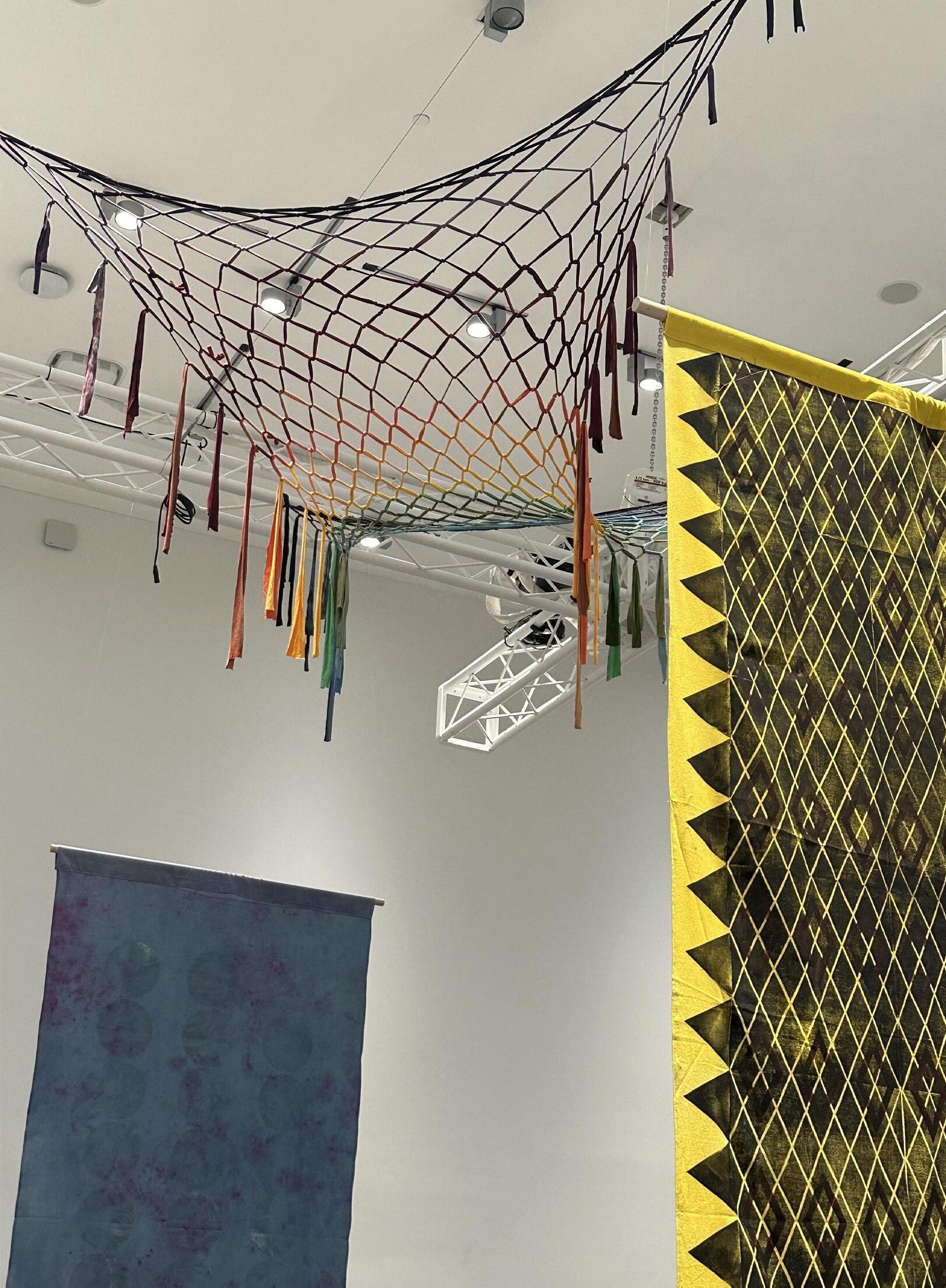
102 103
Moʻo: protective spirit of wai, guardian, lizard, dragon, reptilian and serpentine.
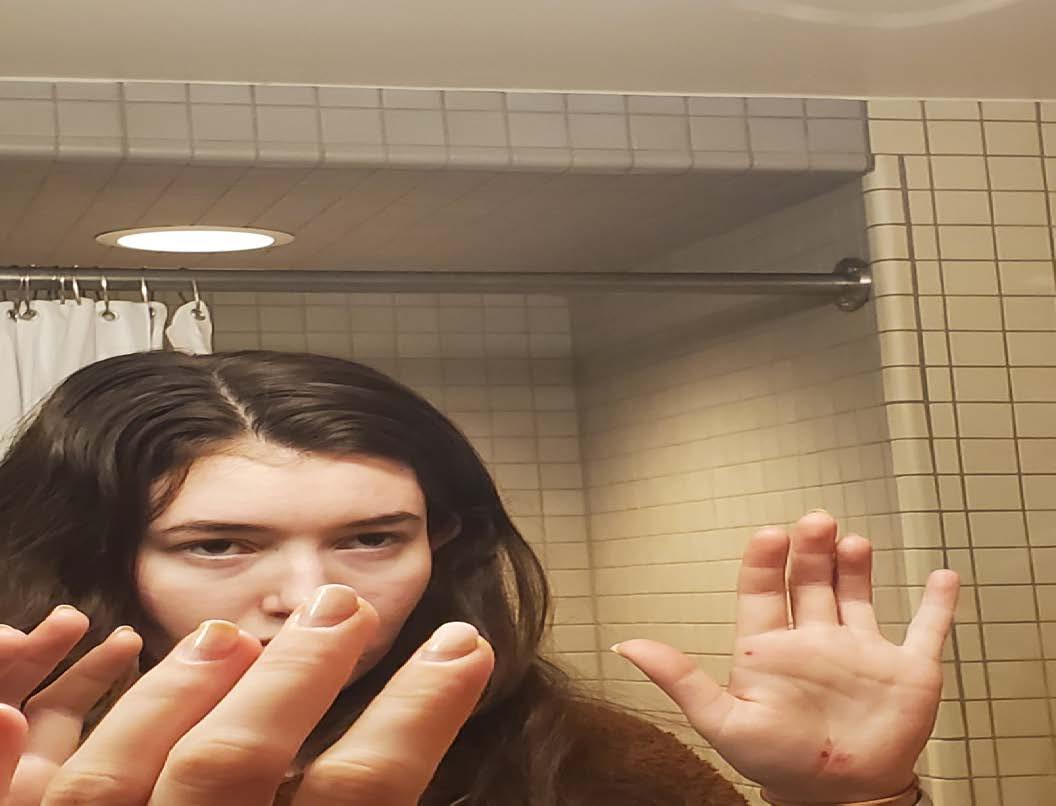
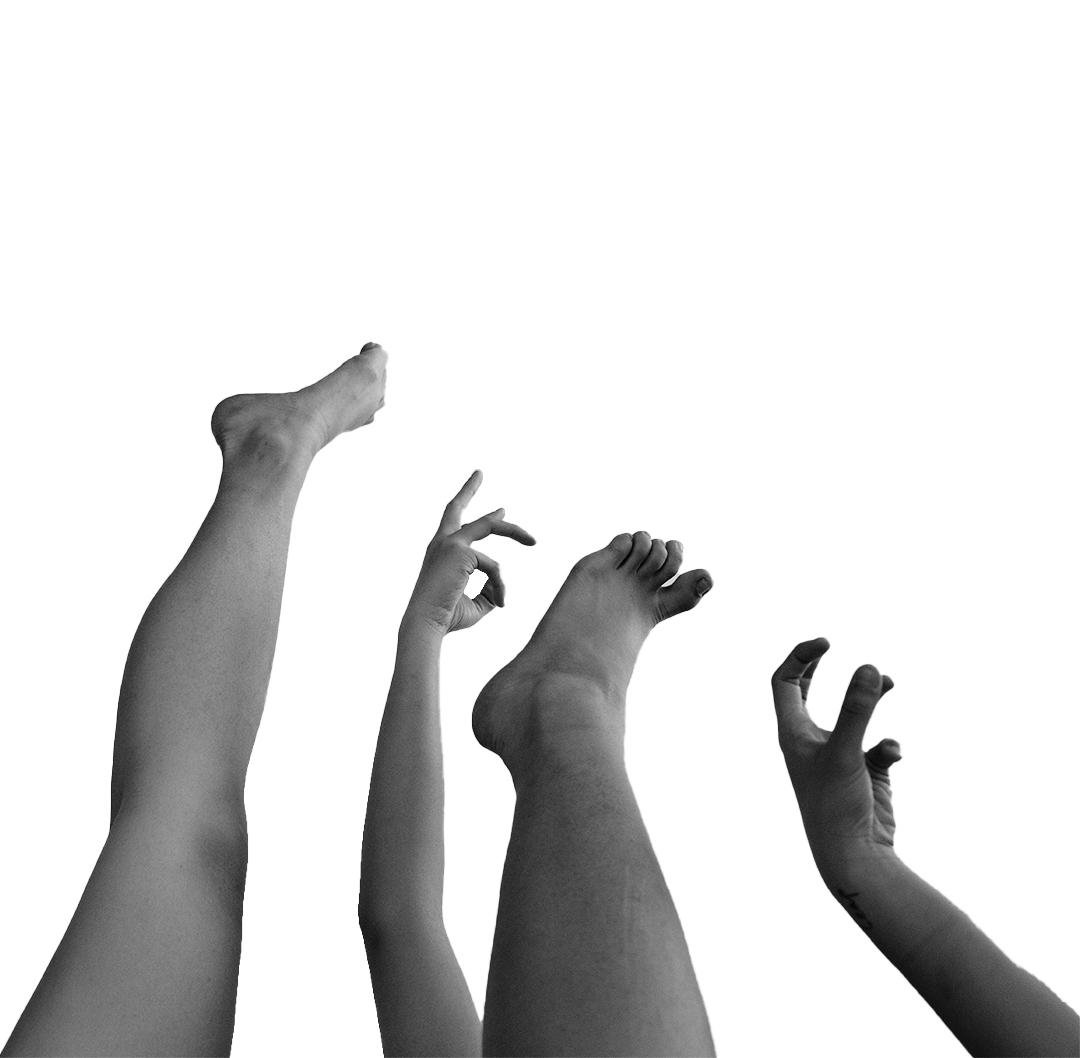
The content she absorbed as a child primarily came from: a local Catholic school, a household where she questioned the love between her parents, a black line at the bottom of a swimming pool,
104 105
Lauren Olson


Lauren didn’t pick up a camera until her second year at Princeton. She found what she was looking for. a weight room, and the semi-industrial landscape of a dying midwest steel town from the backseat of a car.
106
107
Lauren immediately fell in love with the way photography engages her body, heart, and intellect at once.


Lauren’s multimedia work is currently motivated by questions such as: How can the ideas and methods of experimental physics be applied to installation?
108 109
What does it look like to use an audio engineering mindset while photo editing?

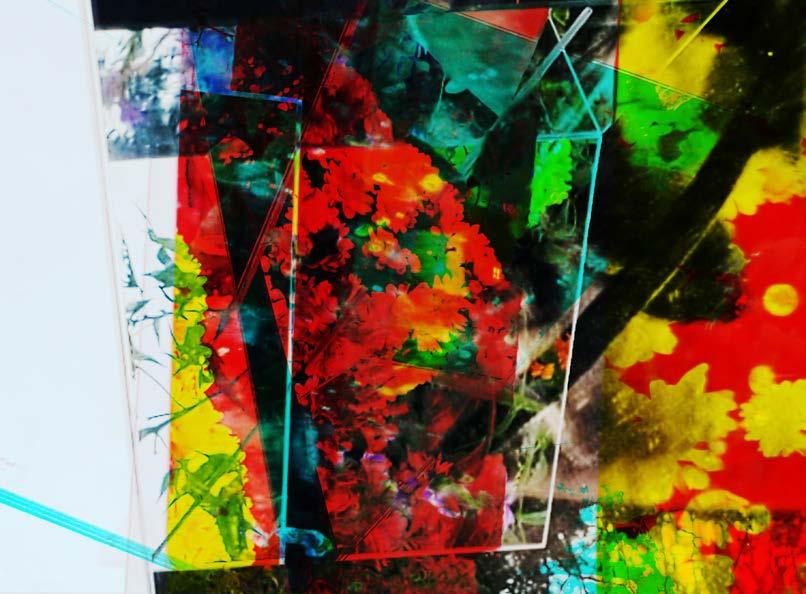
What materials and technologies can be combined in new and exciting ways?
110 111
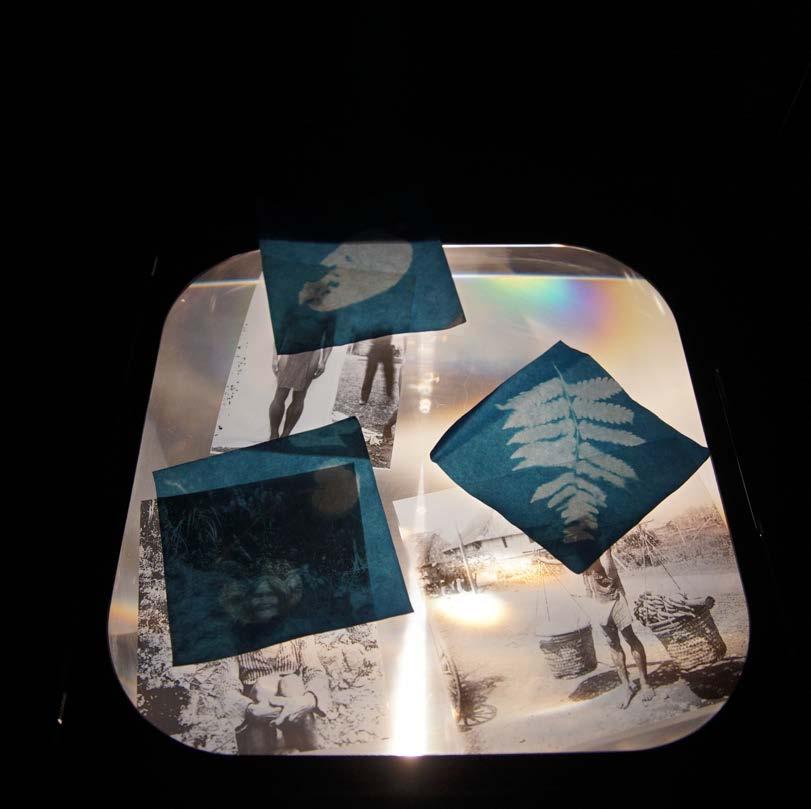
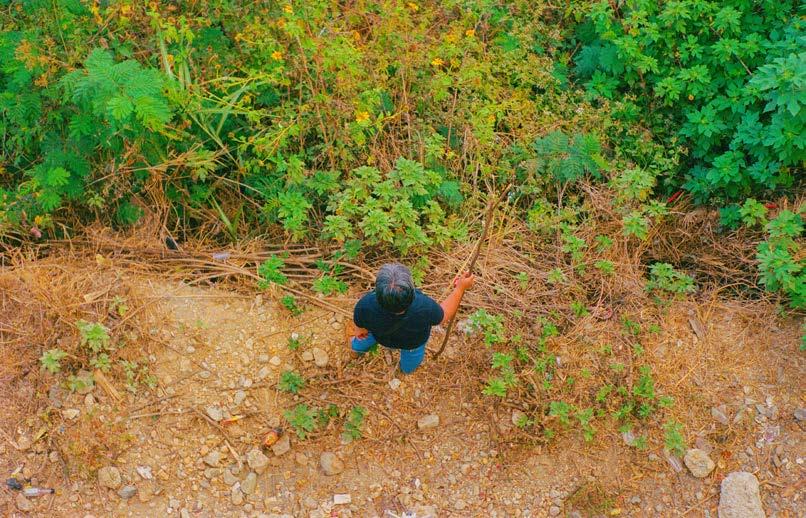
112 113
Kirsten Pardo

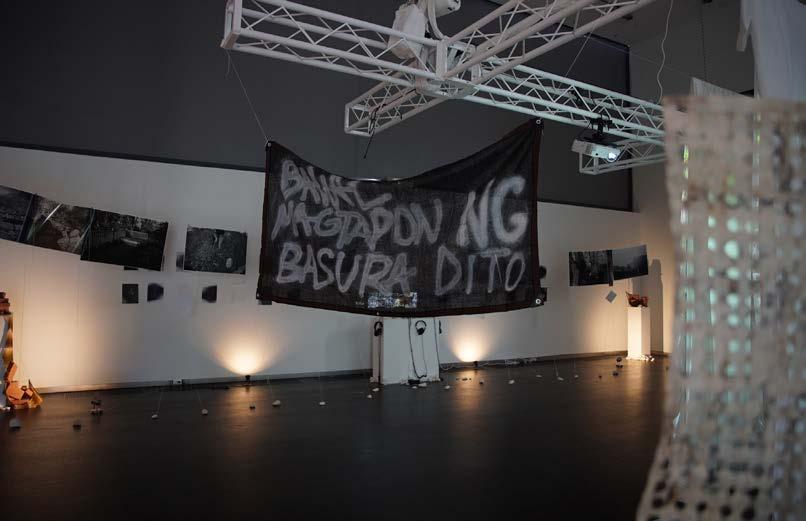
114 115
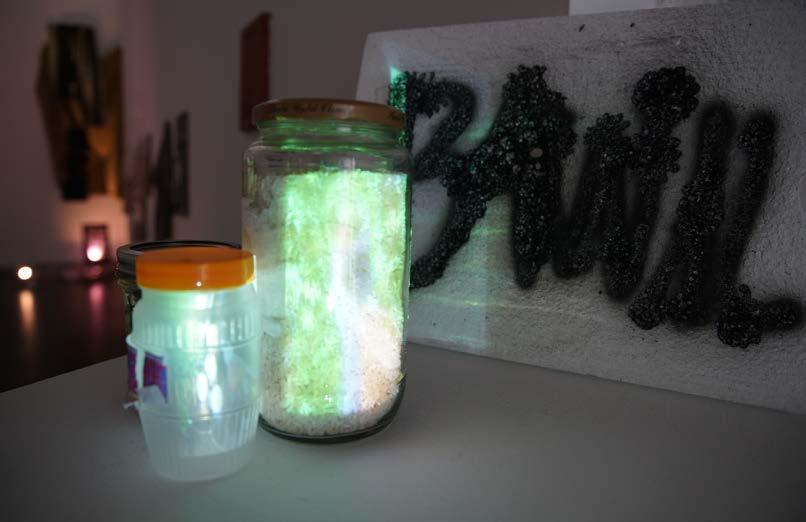
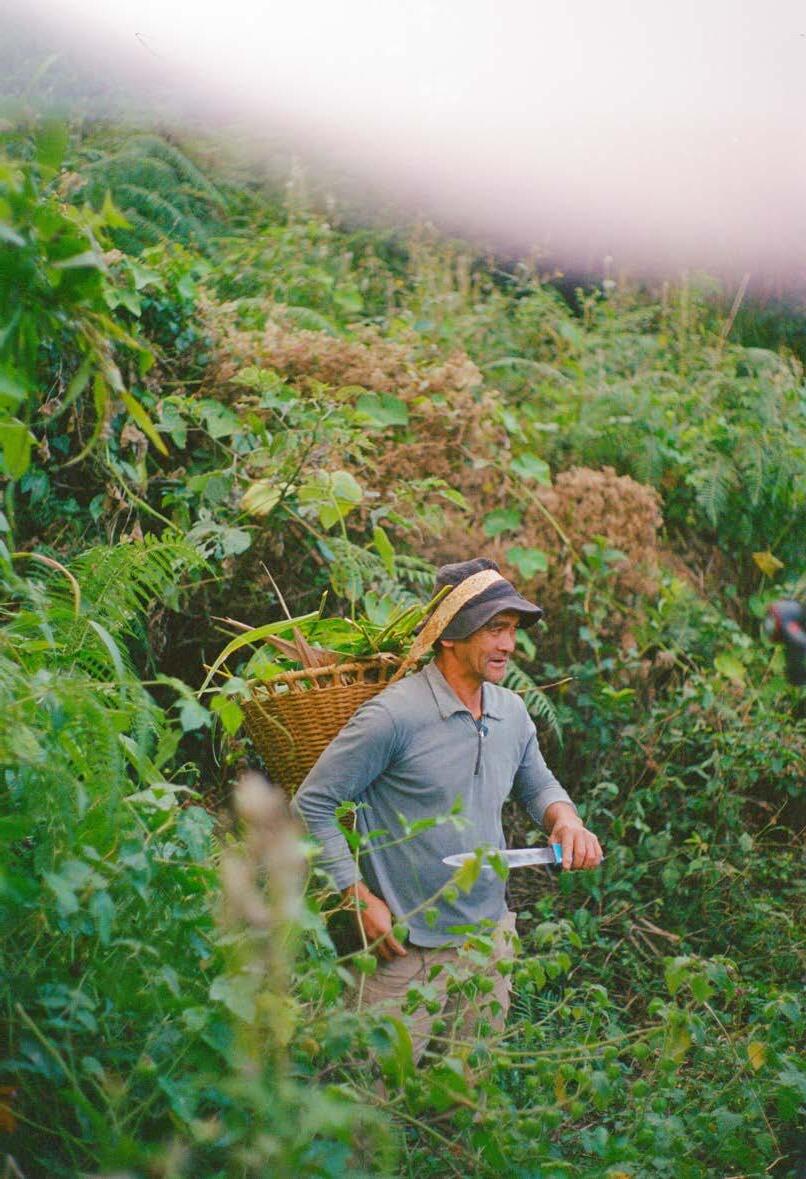
116 117


118 119
Warren Quan
Warren is a multi-disciplinary artist with roots in digital illustration.
He celebrates and explores the complexity of human identity,


intersectionality, and interpersonal connections through self-portraiture, personal work, and anecdotes.
120 121
Recent pieces delve into the investigation of the "looking-glass self" – personal identity shaped through perceptions of the other.


Simultaneously, he intersects his technological expertise to examine concepts encompassing the curated “cyber self” and algorithmic perceptions of individuals.
122 123
He hopes you experience the same joy and enthusiasm in his pieces

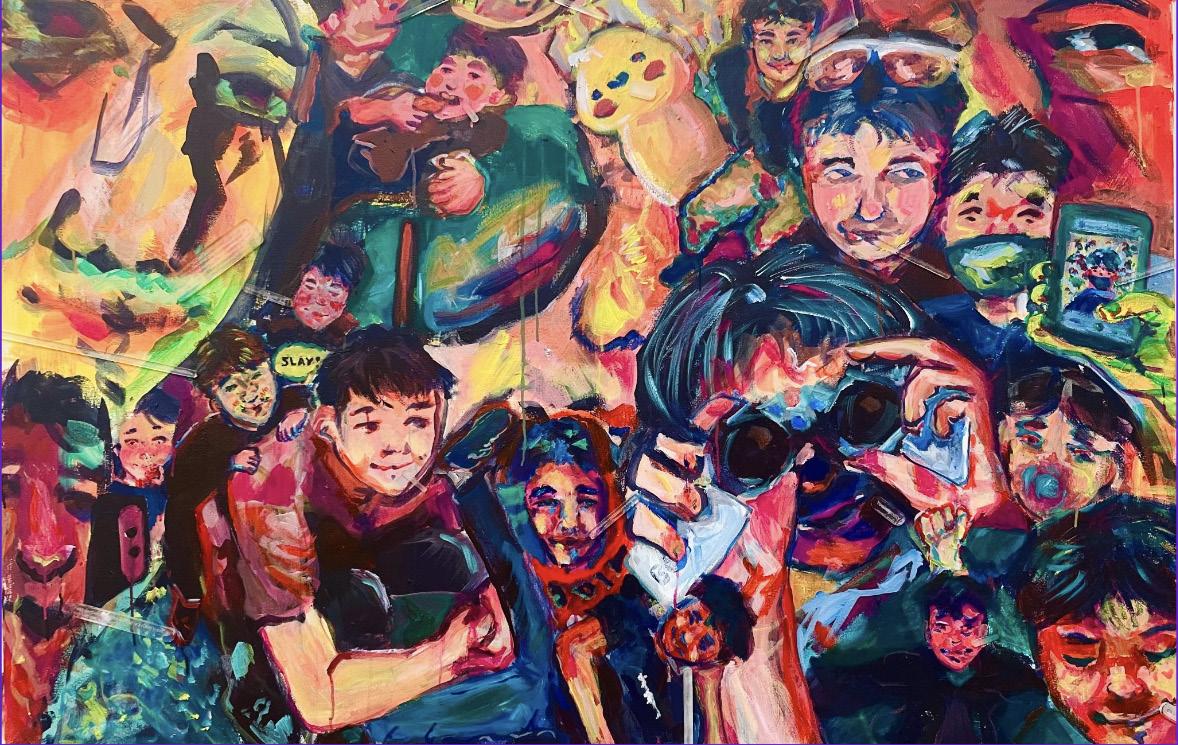
that he felt while bringing each work to life :D!
124 125

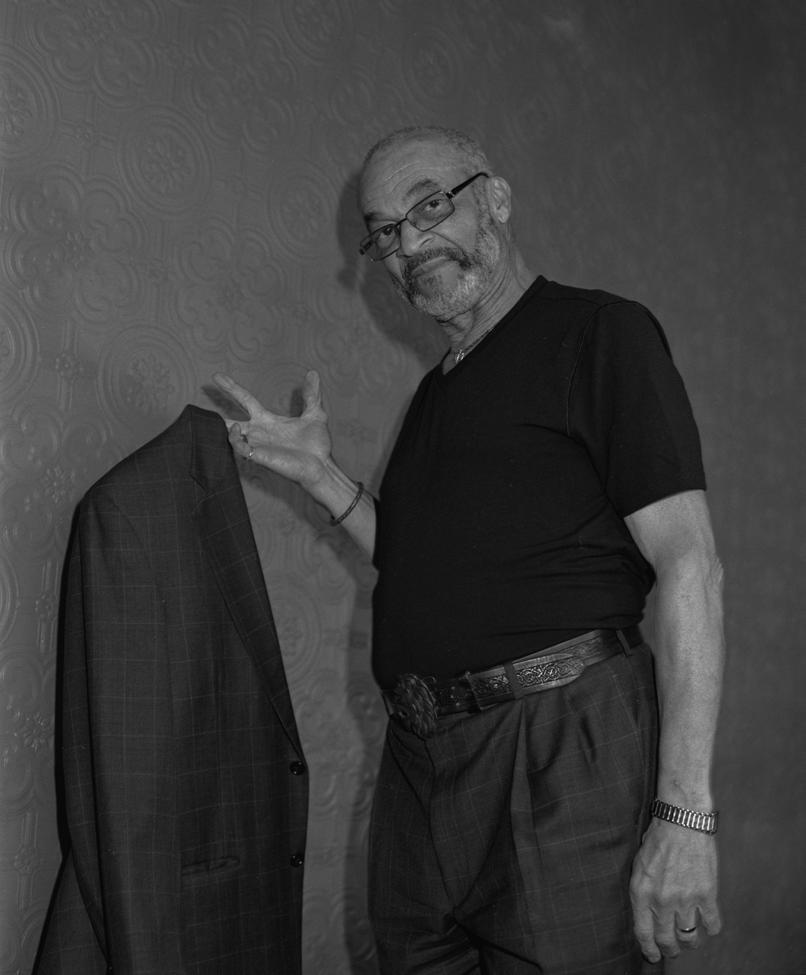
Every artist has a tradition. Understanding the tradition that you are working with is crucial to understanding where you want to go. This is especially true for photography. At least that is what I argue.
126 127
Riggins
Collin
The photographic medium, relative to other mediums, is incredibly violent. Because we endow photographs with the ability to capture “truth,” photographs have been leveraged

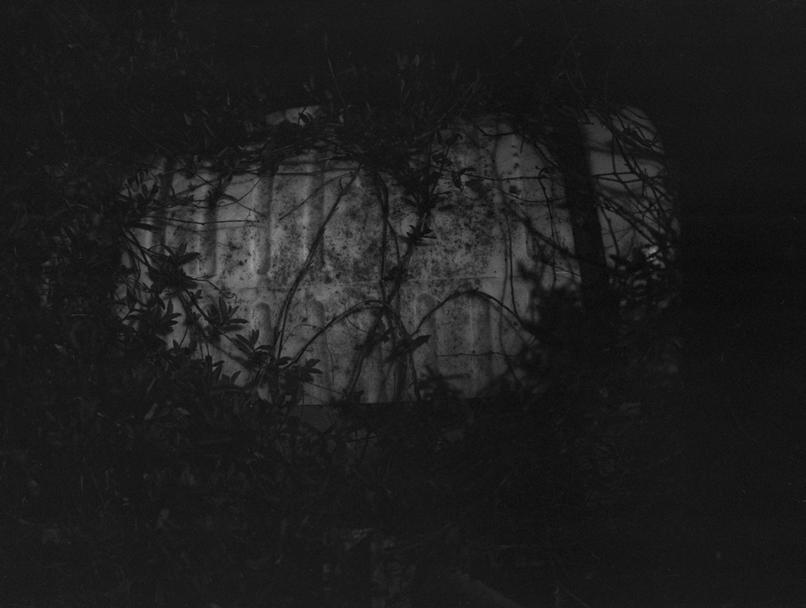
to start wars, demonstrate racial difference, reify tropes, surveil, so on and so forth. Documentarians often pride themselves on their ability to create images that can do this heavy lifting.
128 129
I like to think I am in the tradition of black photographers who understand this and choose humility. I am thinking about Roy DeCarava, a man who is heralded as a leading black documentarian…


yet, he rejects that moniker, stating, “I think of myself as a poetic, a maker of visions, dreams, and a few nightmares.” I am thinking about Ming Smith who embraces those moments when the medium breaks down
130 131
(motion blur, the details lost to the shadows, so on and so forth) in her simple quest for beauty. These artists don’t profess to know, they don’t claim to be masters of the medium

(which would entail such an uncomfortable level of domination over nature, narrative, truth, etc). But they are damn good at communicating on a subtler, more humble level.
132 133

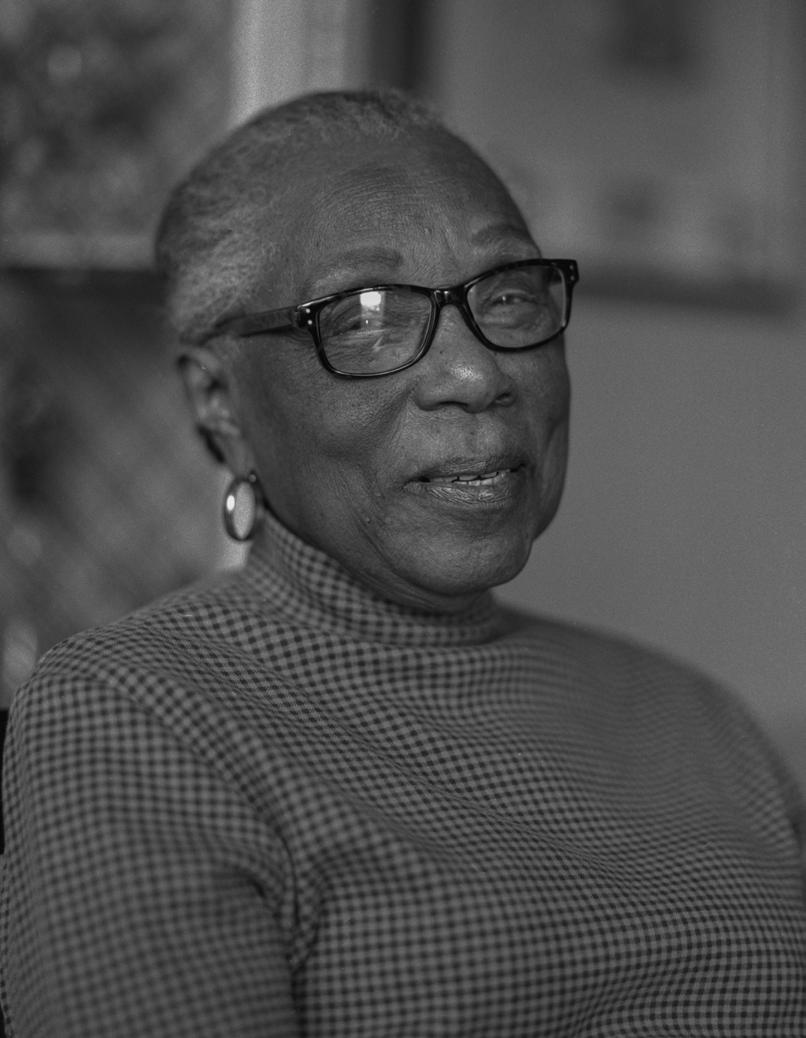
With that being said, I am just seeking to create work that expresses the feelings and sensibilities that I know to be true about me and all the worlds, people, places that make me.
134 135


136 137 Luke Shannon
Luke makes generative art,
where hyper-specific and syntactical code delineates an infinite space, and the chaos of chance fills it.

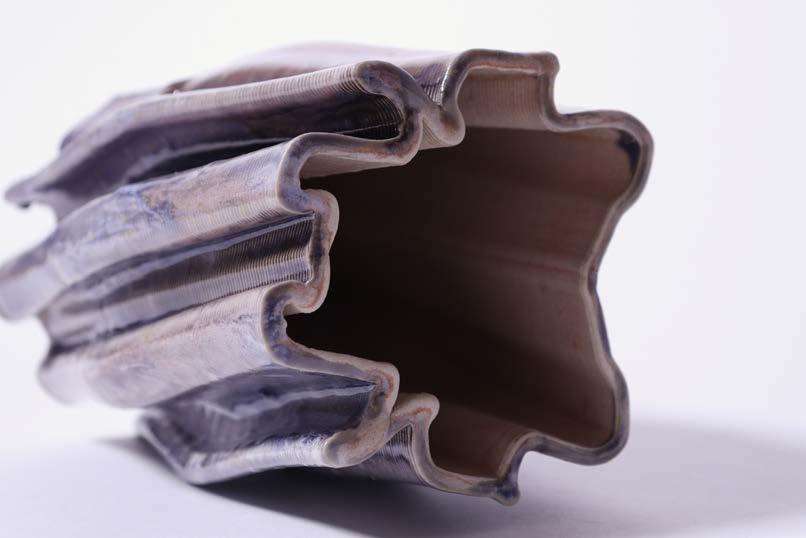
138 139
The viewer provides this chance.
The work that exists by a viewing act, is unique to that viewing act,
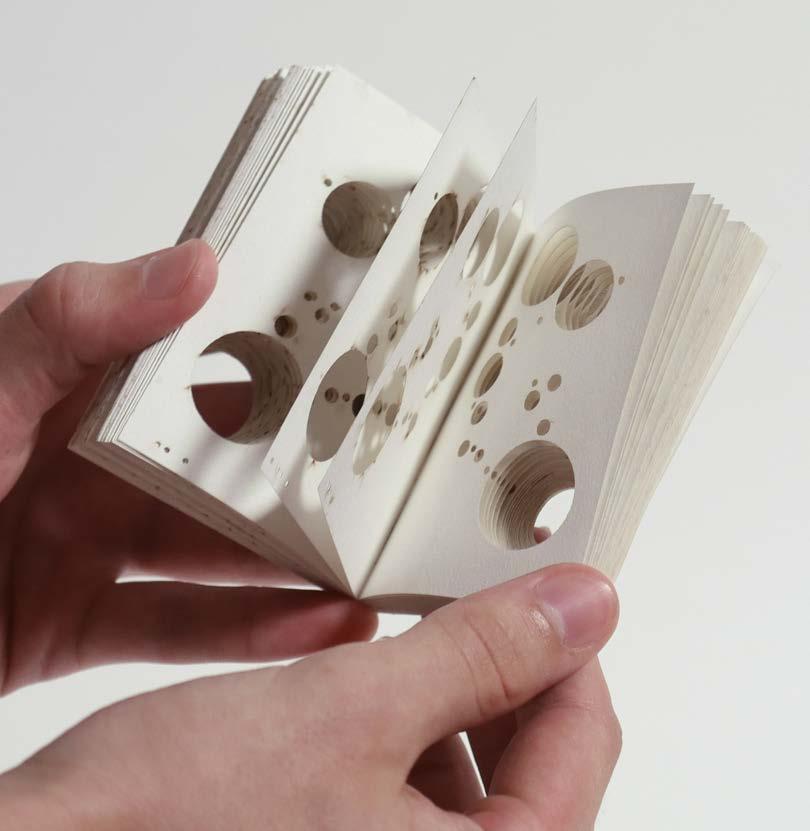

and often never exists again.
140 141
Any individual output shown in this portfolio


is a single angle on a piece of infinity we can never wholly see.
142 143
For Luke, shaping such a space is the most complete way

to describe the things he feels and sees,
144 145
because it seeks multiplicity and universality
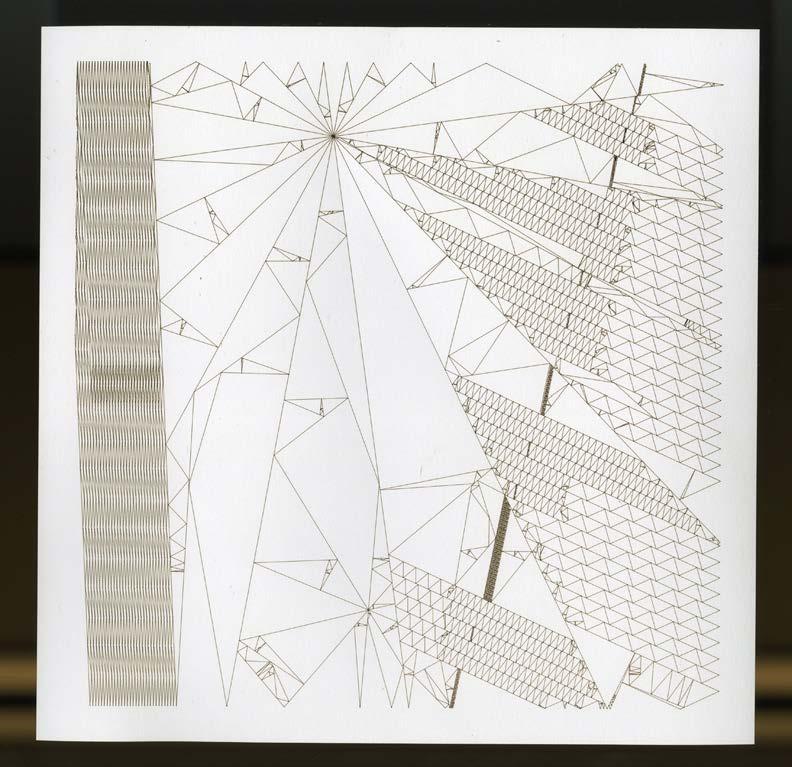

rather than individual manifestation.
146 147
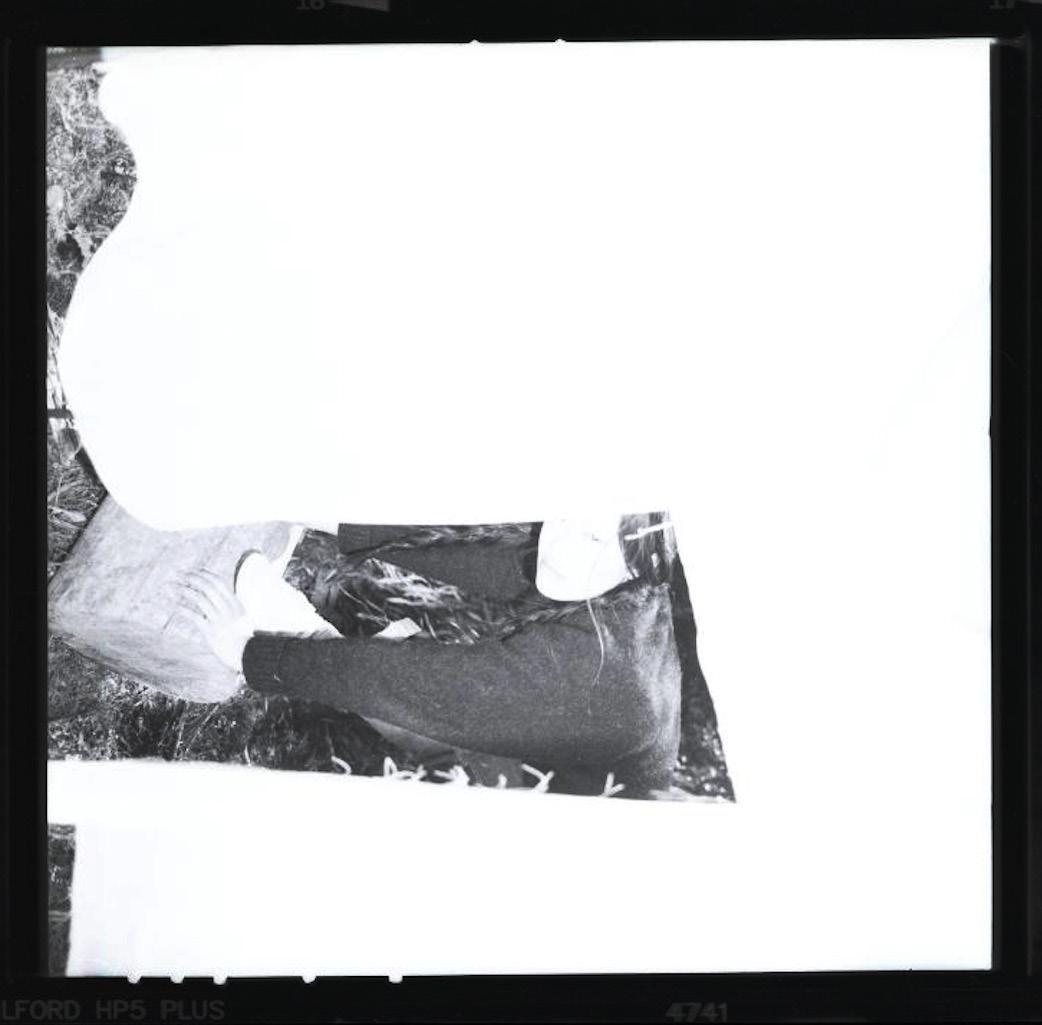

148 149
is a
interested in pushing the boundaries of materials.
Julia Stahlman
multimedia artist
Walking a tightrope between familiar and strange,


legible and illegible,
150 151


152 153 as a bridge she views materiality

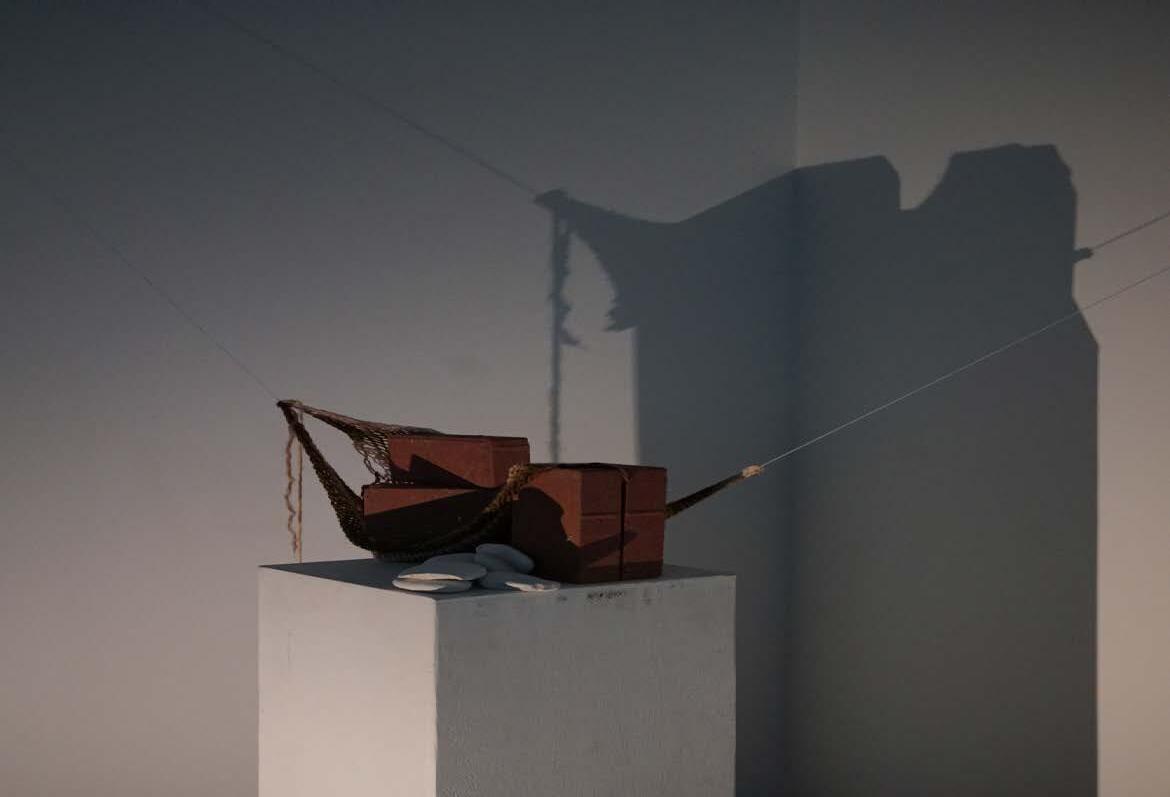
154 155
time, and place. between identity,


156 157 Magnolia
Wilkinson
Magnolia is an artist who grew up in Chattanooga, TN.
She makes art about childhood, growing up,


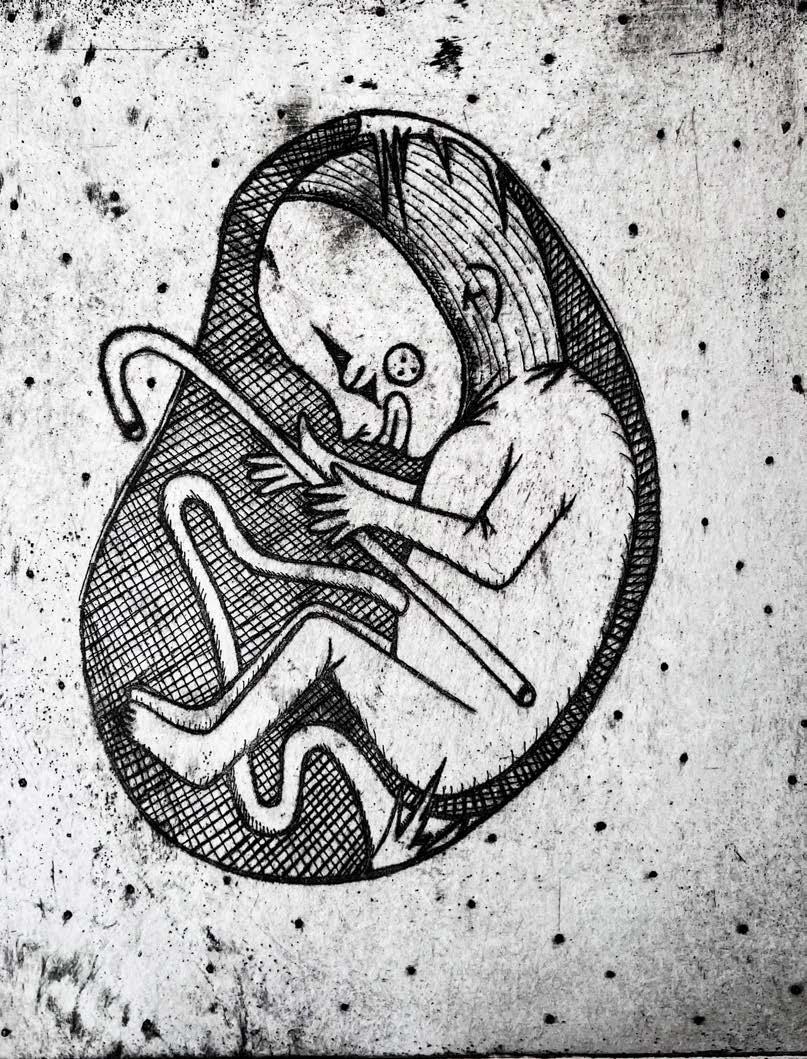
nostalgia, discomfort, and misplaced emotions.
158 159
She uses

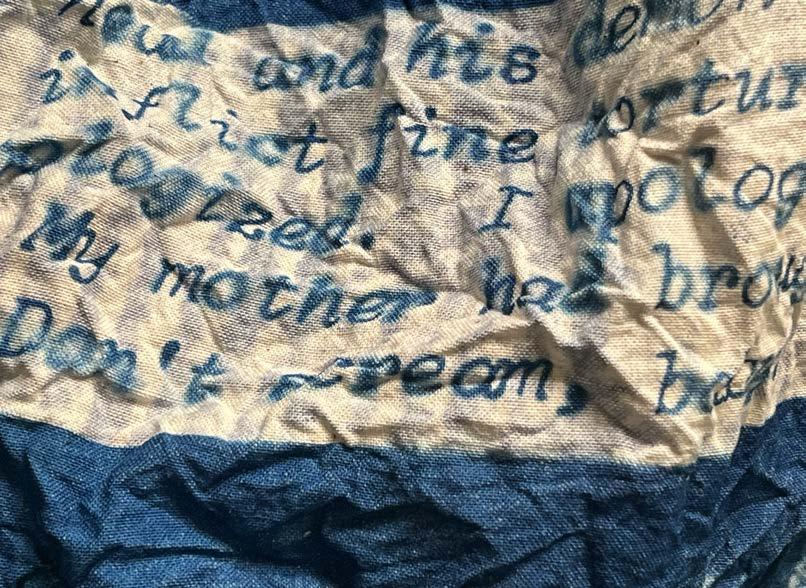
she can get her hands on.
160 161
any
medium
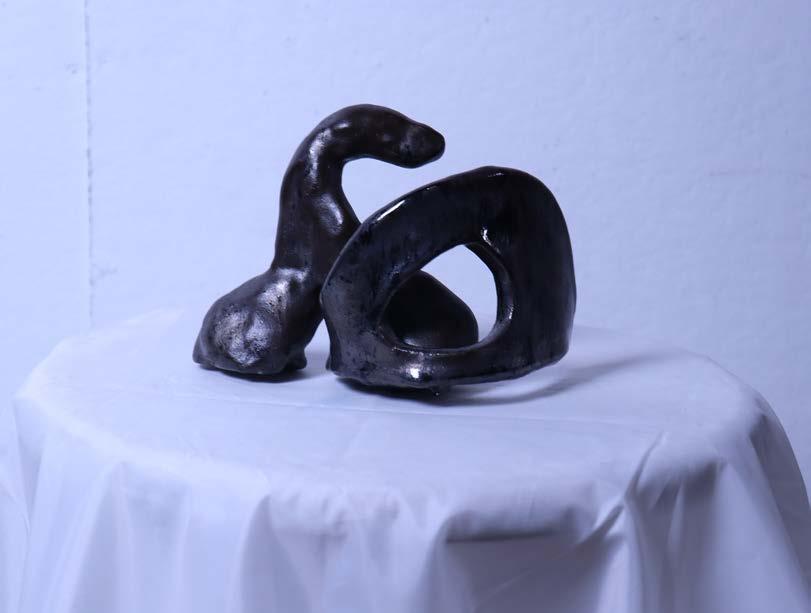
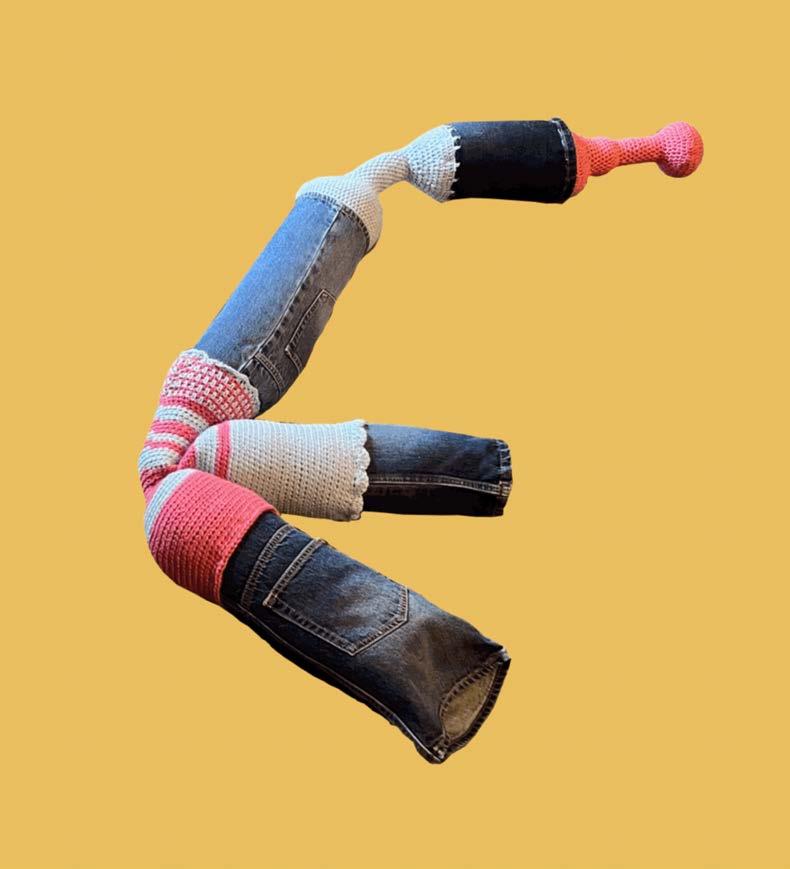
162 163
She gravitates towards
textile work, crochet,
sewing, printmaking, animation,
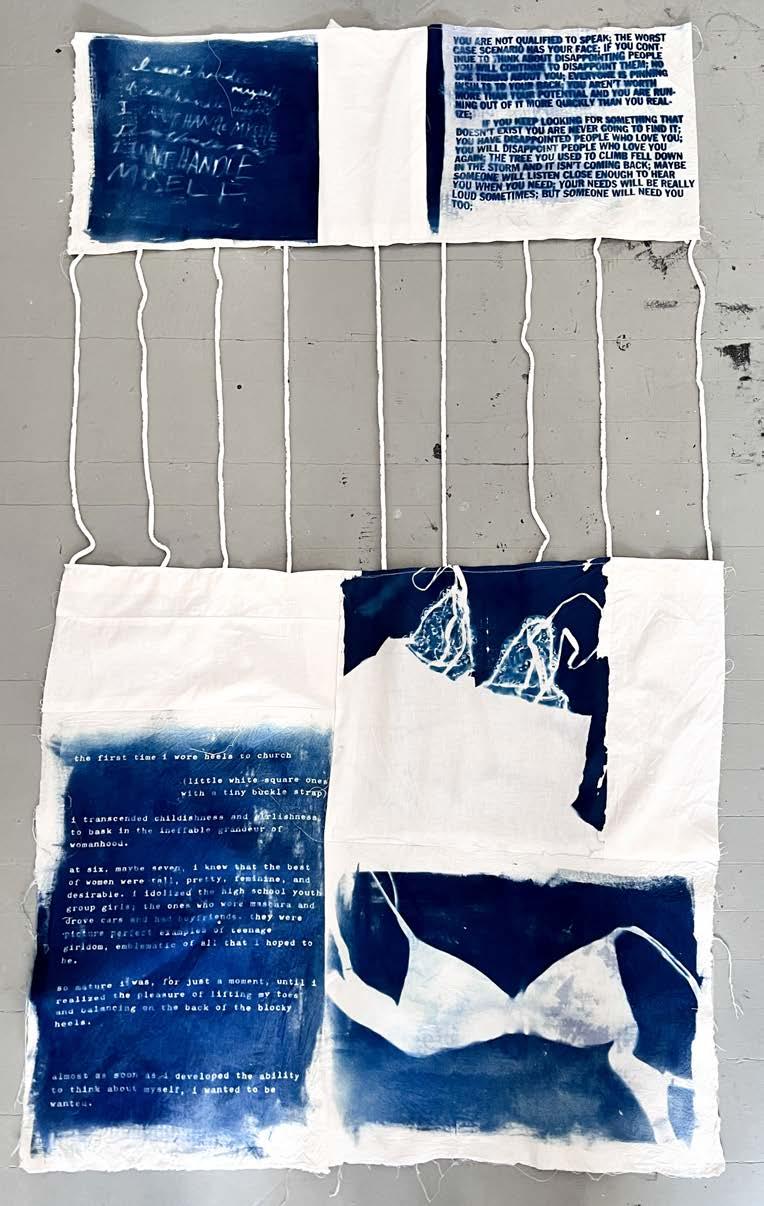

photography.
164 165
and
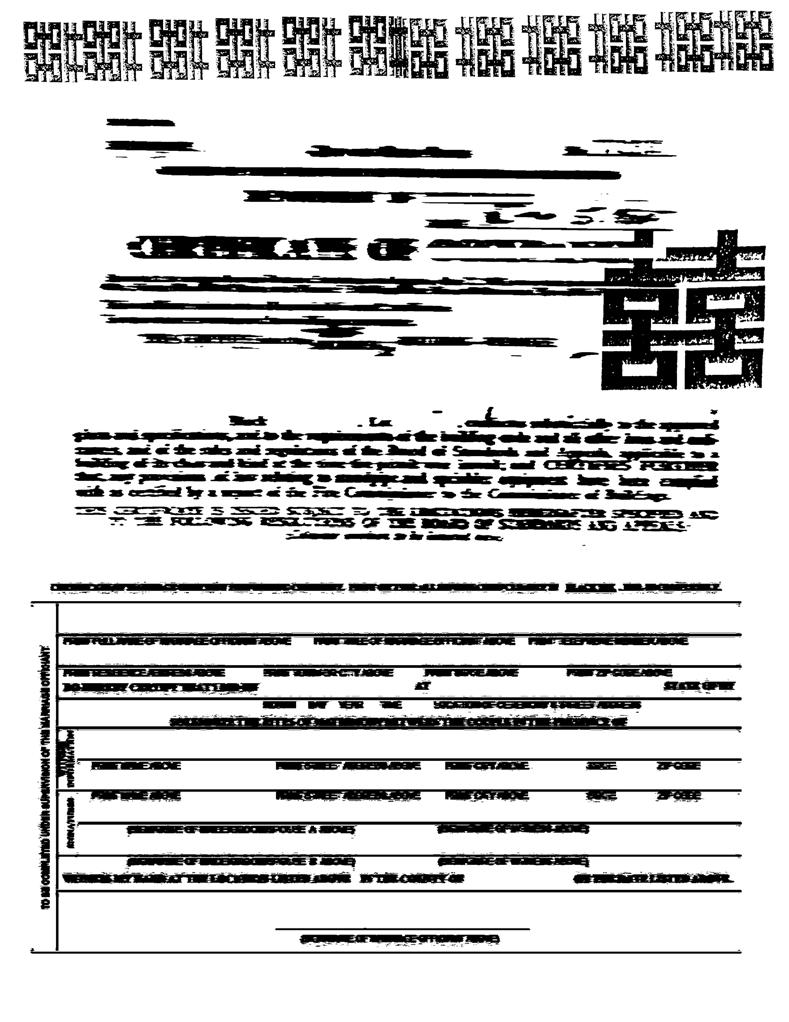
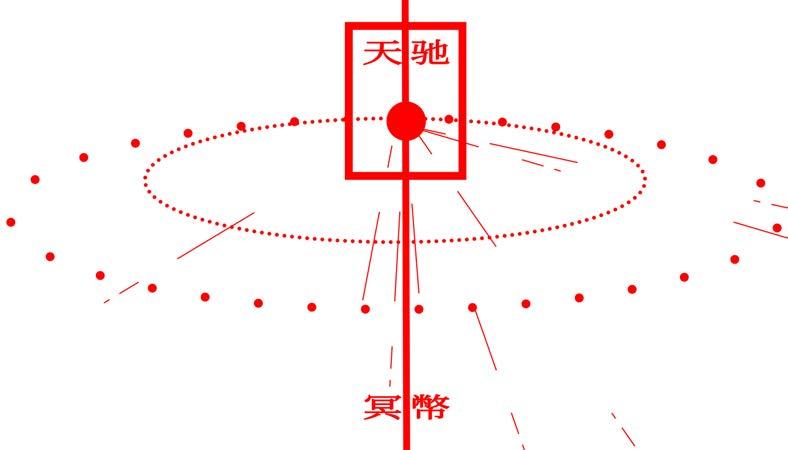
166 167
Justin Zhang
I (Justin Zhang) am a child of Chinese immigrants and a student in Civil and Environmental Engineering.
These images are adapted from my exhibition
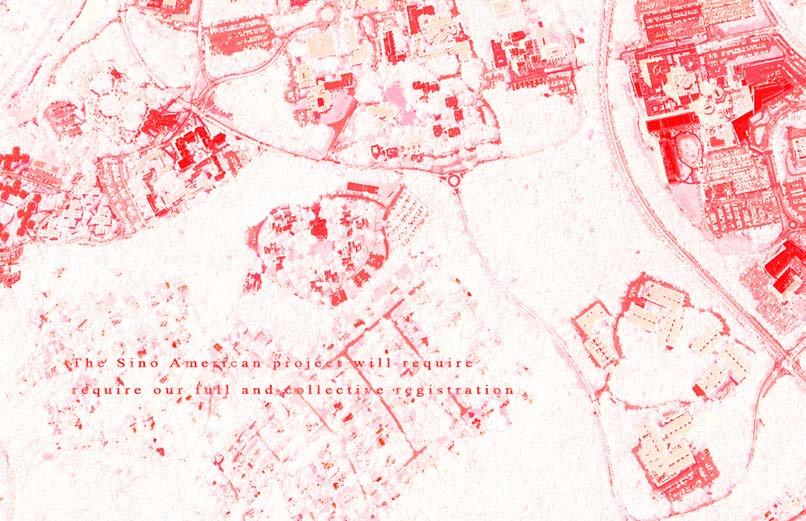

168 169
Dreams of SinoAmericana .
The work draws interest in diasporic identity, personal semiotics,
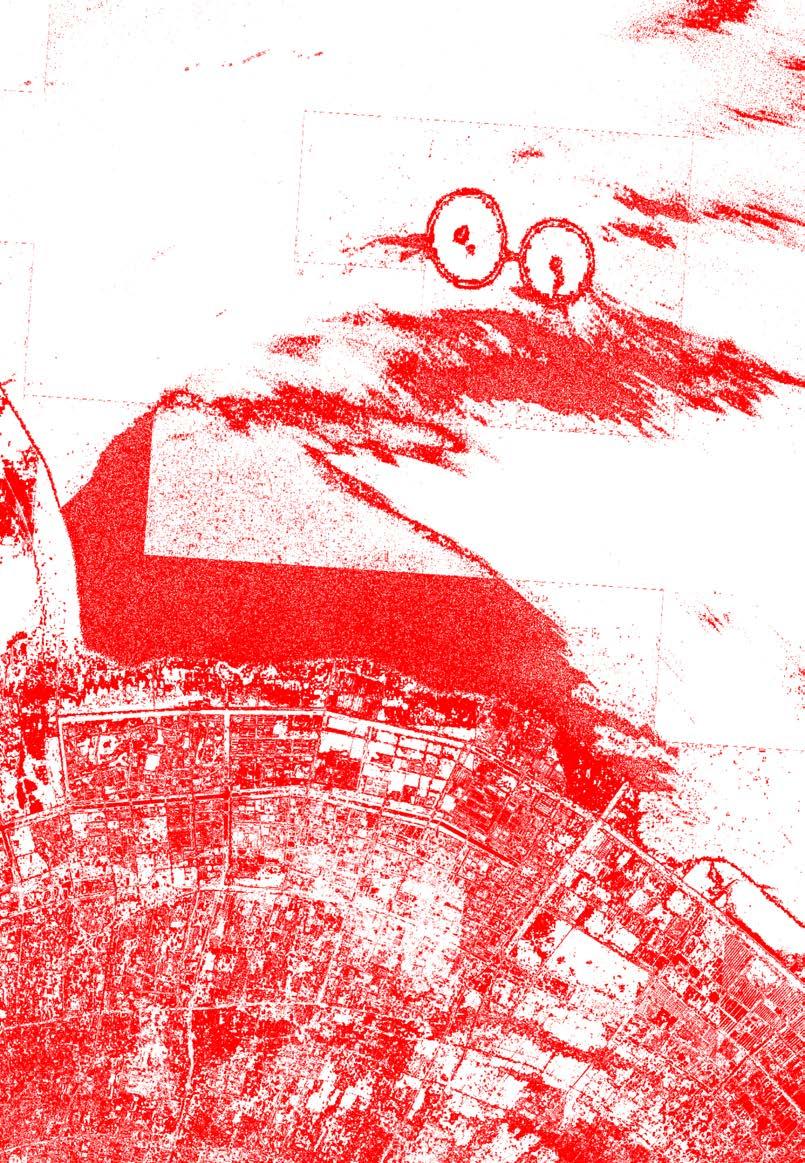
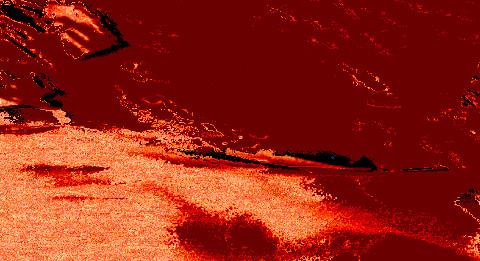
and the technocratic relationship between identity and the built environment.
170 171
vis faculty:
Colleen Asper, Lex Brown, Jennifer Calivas, Tina Campt, Laura Coombs, Mj Daines, Anne Eder, Martha Friedman, Daniel Heyman, Deana Lawson, Pam Lins, Troy Michie, Moon Molson, Medhin Paolos, Bent-Jorgen Perlmutt, Mira Putnam, David Reinfurt, Jess Rowland, Joe Scanlan, Laurel Schwulst, Tim Szetela, James Welling, Jeff Whetstone, Amy Yao
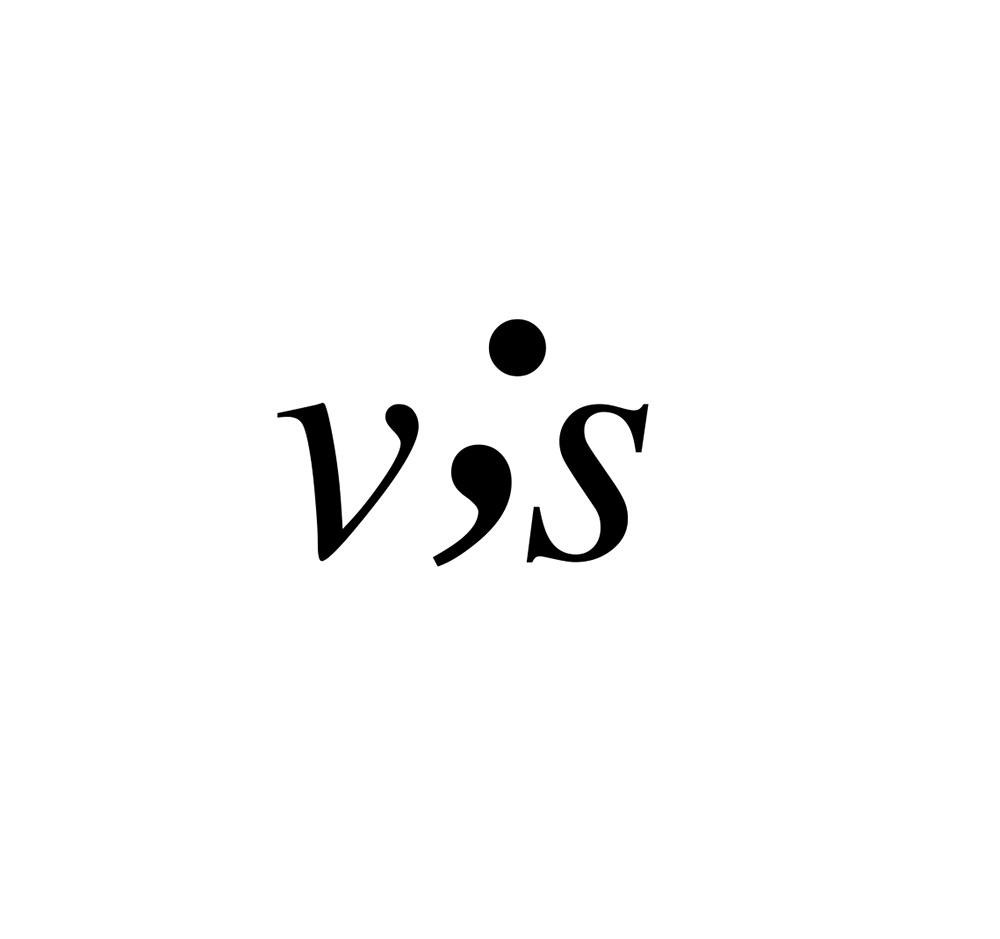 vis staff:
Ash Albeser, Joseph Arnold, Evan Broennimann, Marjorie Carhart, Ben Denzer, Lauren Fedorchak, Peter Kazantsev, Benjamin Kraemer, Orlando Murgado, Brandon Ndife, Alexis Ortiz, Kristy Seymour, Michelle Zatta
vis staff:
Ash Albeser, Joseph Arnold, Evan Broennimann, Marjorie Carhart, Ben Denzer, Lauren Fedorchak, Peter Kazantsev, Benjamin Kraemer, Orlando Murgado, Brandon Ndife, Alexis Ortiz, Kristy Seymour, Michelle Zatta
administration: Dan Benevento, Dawn M. Capizzi, Judith Hamera, Crystal Henderson-Napoli, Mary K. O'Connor, Cathy Sterner, Kim Wassall, Marion Friedman Young
E xternal A ffairs: Angel Gardner
lewis center for the A rts
communications:
Zohar Lavi-Hasson, Tracy Patterson, Steve Runk, Jonathan Sweeney, Jaclyn Sweet, Shuquin Windbush
tehnical services: Asante Livingstone, Rick Pilaro, Steven Rife, Nicolas Sharpe
No part of this publication may be reproduced or transmitted in any form or by any means without prior permission in writing from the artist
Copyright ©
David Akpokiere, Mia Beams, Arianna Borromeo, Daniel Drake, Hazel Flaherty, Sreesha Ghosh, Lana Glisic, Evan Haley, Petr Karpov, Erin Ressano Macanze, Emma Mohrmann, Cary Moore, Kapili Naehu-Ramos, Lauren Olson, Kirsten Pardo, Warren Quan, Collin Riggins, Luke Shannon, Julia Stahlman, Magnolia Wilkinson, Justin Zhang
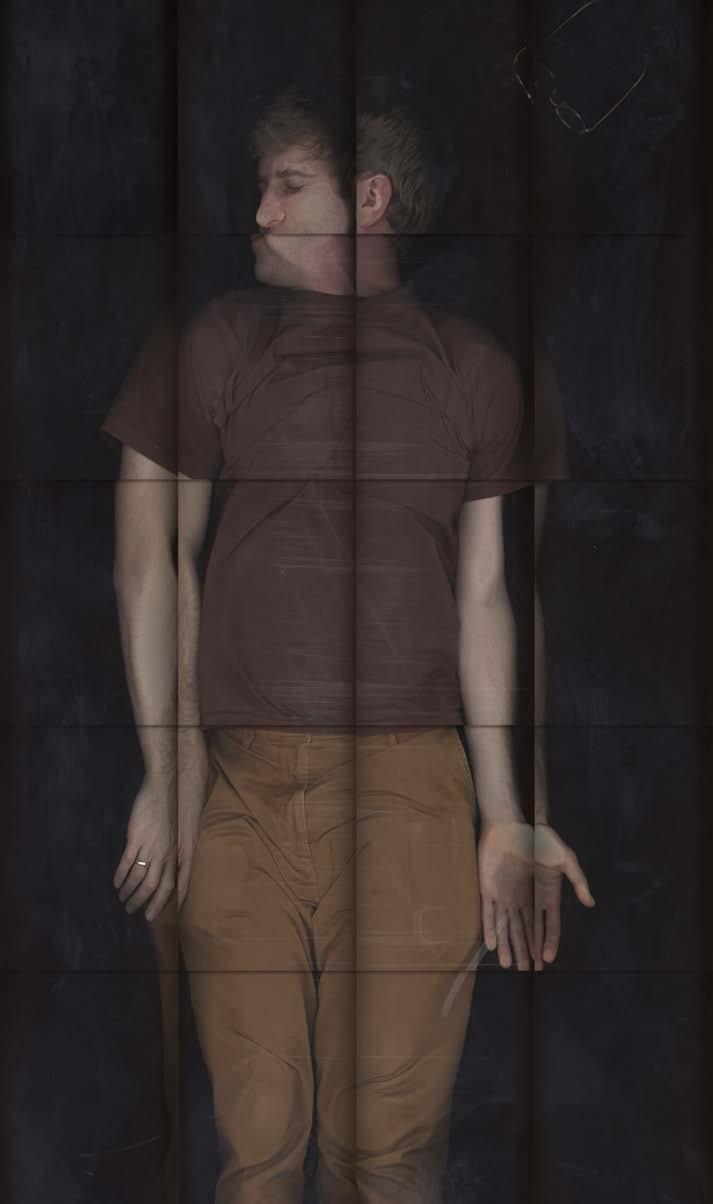 Book design by Ben Denzer
Scanned portrait by Luke Shannon
Book design by Ben Denzer
Scanned portrait by Luke Shannon
Princeton Visual Arts 2024 First edition of 160
Printed by GHP, CT
To Be Held
Princeton, NJ 08542
Princeton Visual Arts 185 Nassau Street
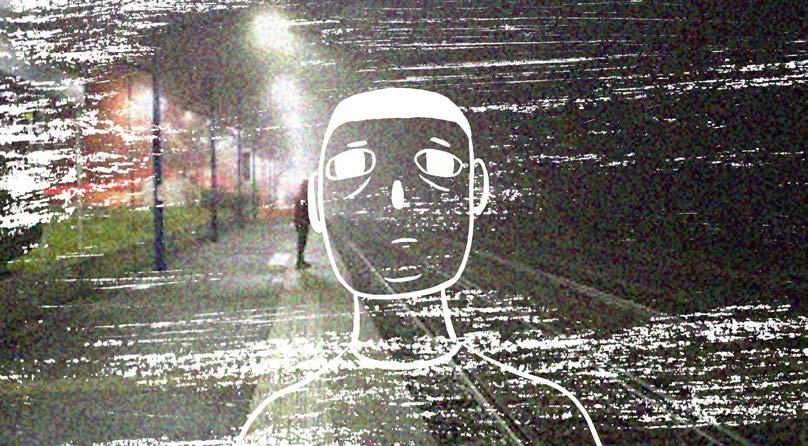
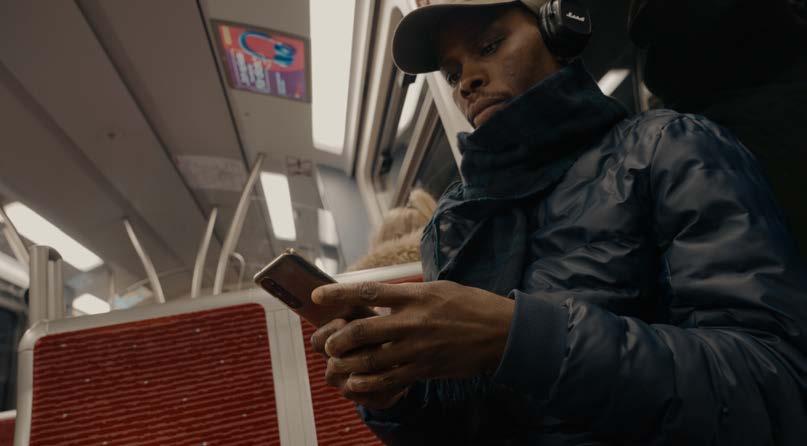



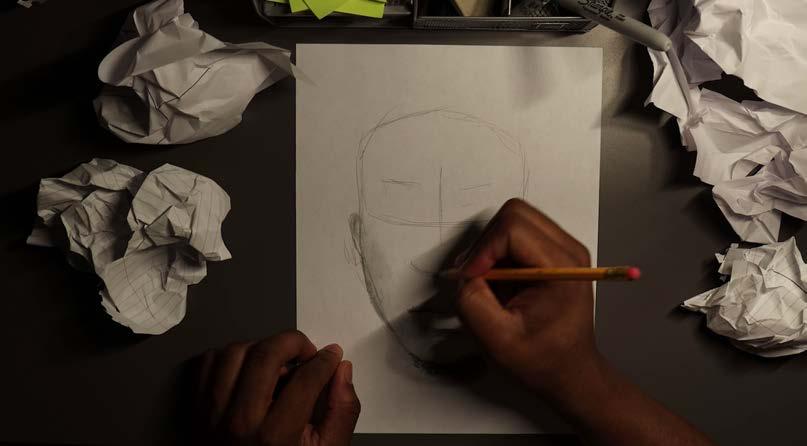
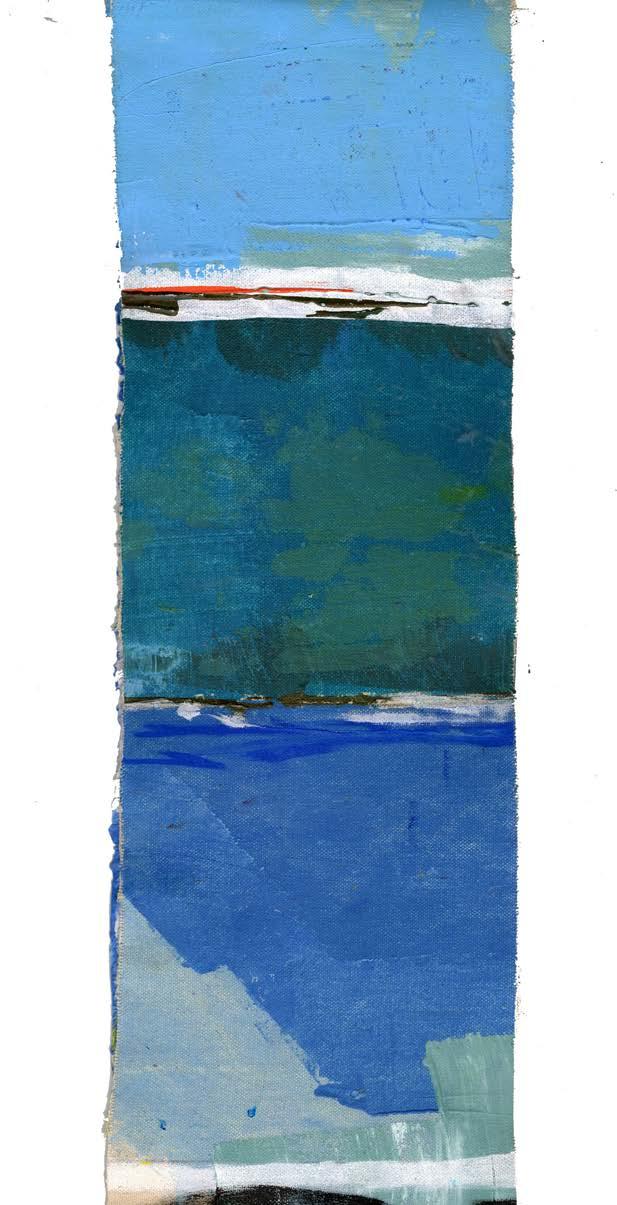
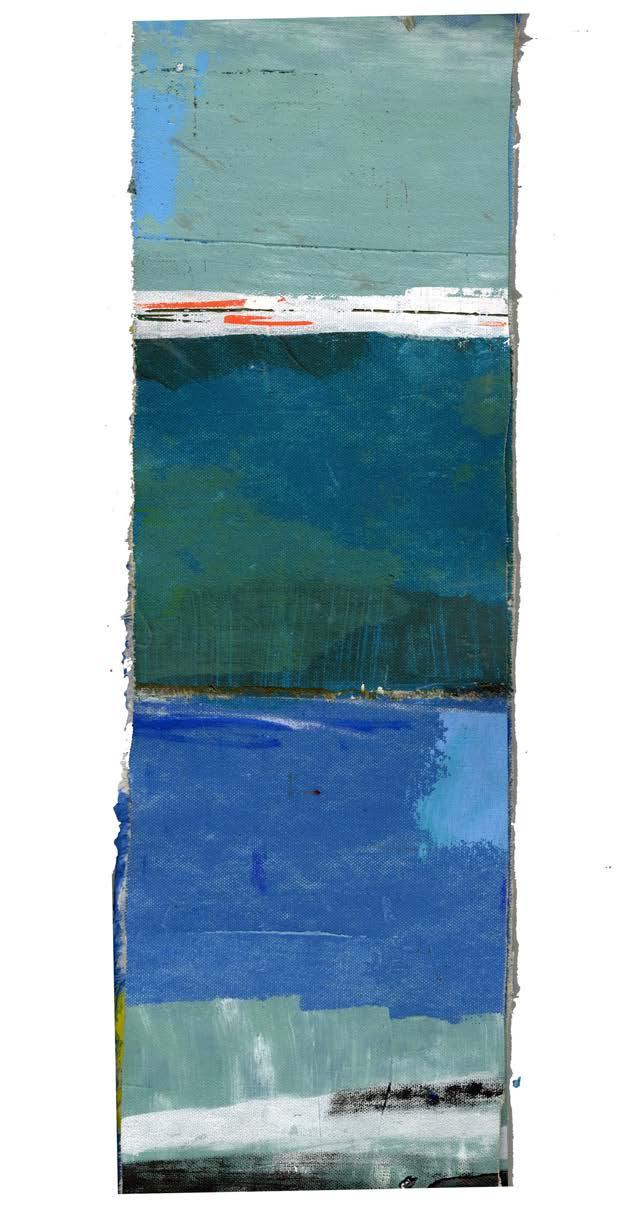
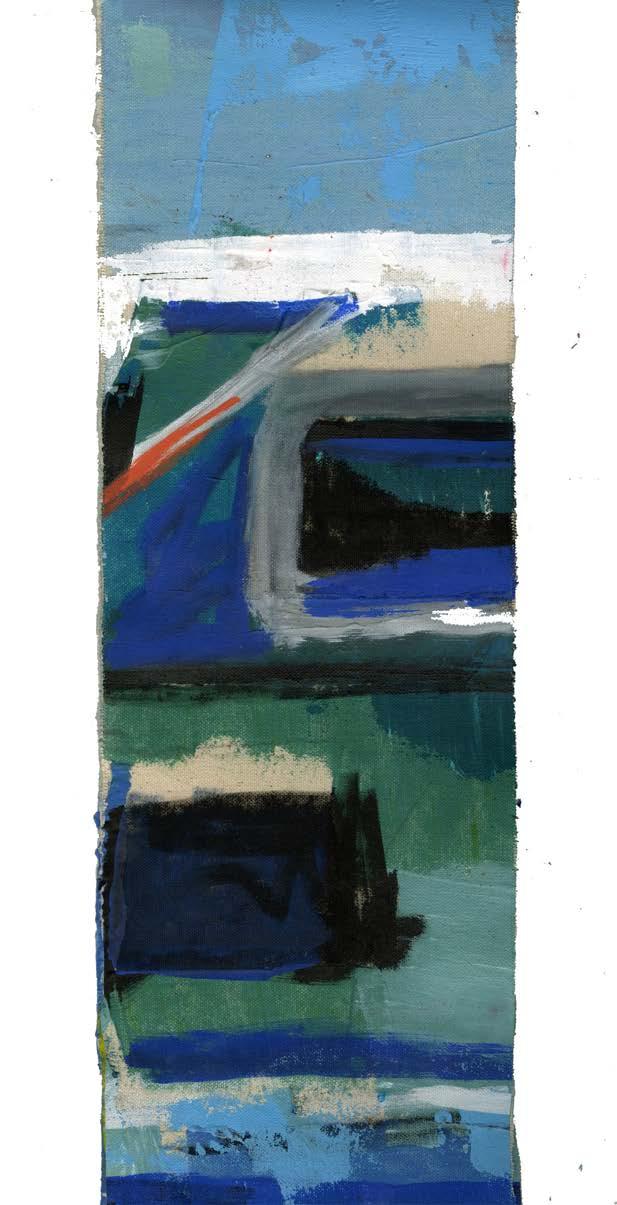
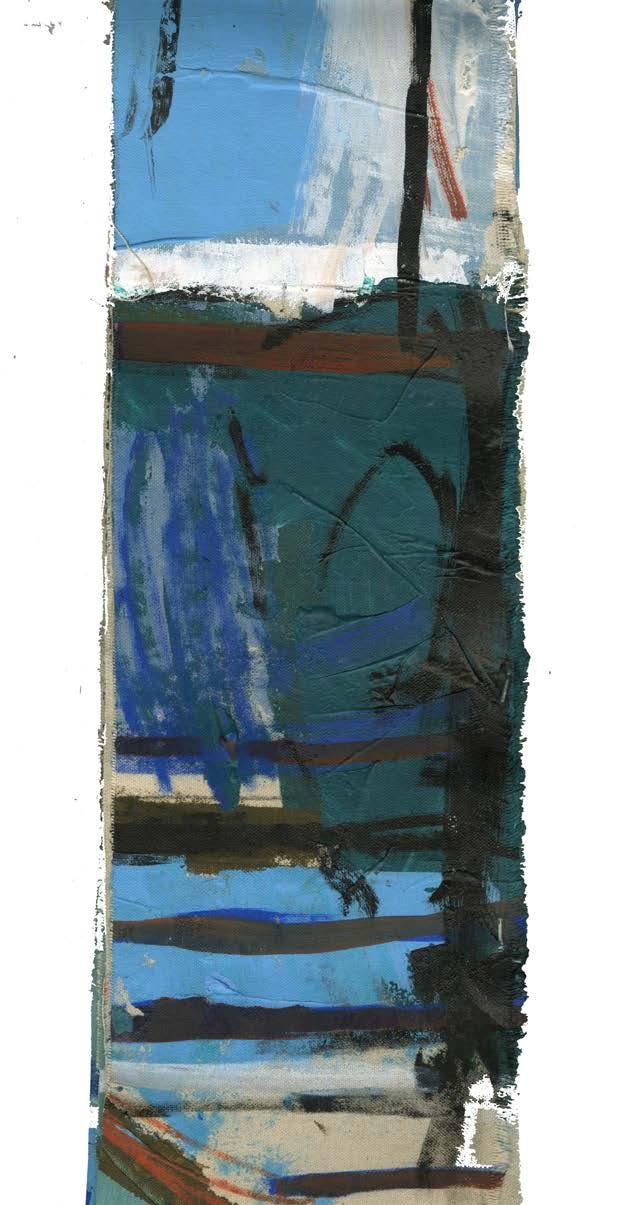

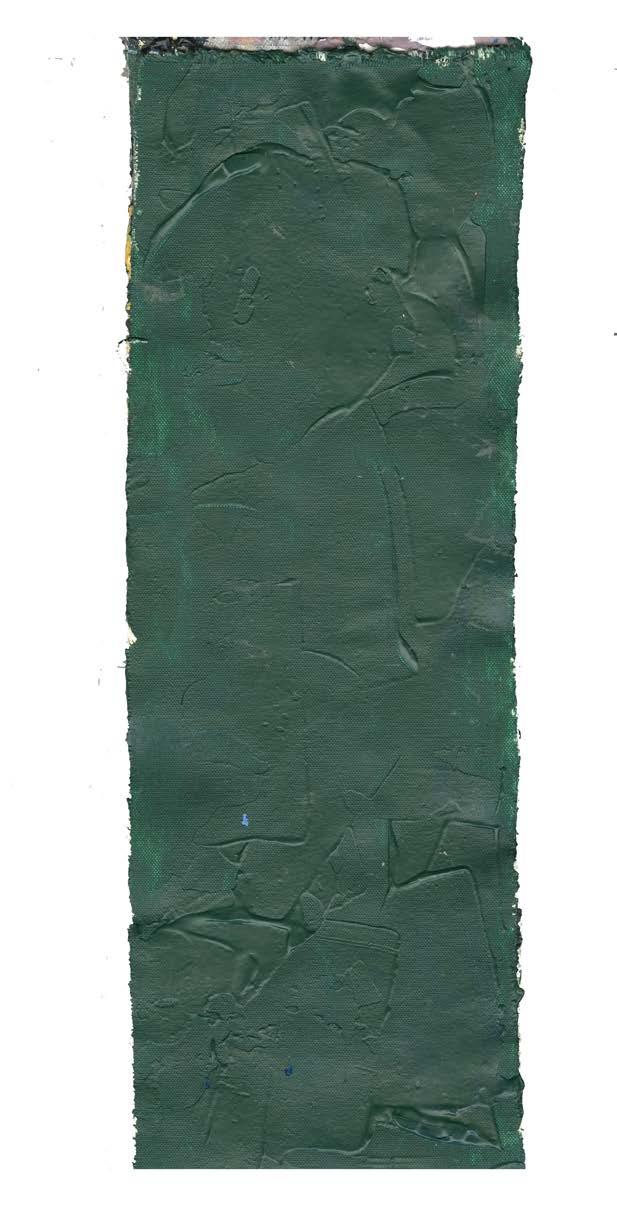

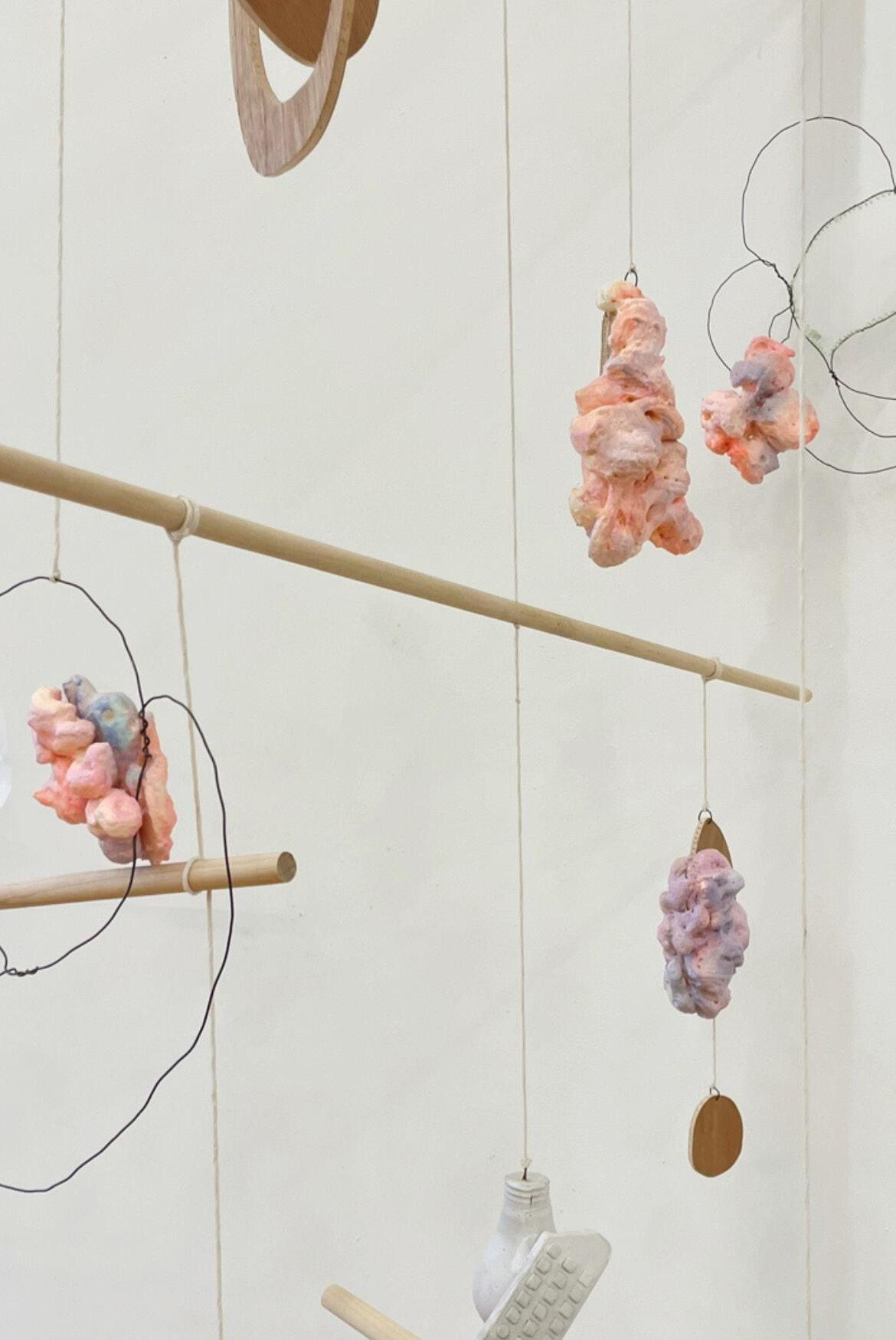


















































































































































 vis staff:
Ash Albeser, Joseph Arnold, Evan Broennimann, Marjorie Carhart, Ben Denzer, Lauren Fedorchak, Peter Kazantsev, Benjamin Kraemer, Orlando Murgado, Brandon Ndife, Alexis Ortiz, Kristy Seymour, Michelle Zatta
vis staff:
Ash Albeser, Joseph Arnold, Evan Broennimann, Marjorie Carhart, Ben Denzer, Lauren Fedorchak, Peter Kazantsev, Benjamin Kraemer, Orlando Murgado, Brandon Ndife, Alexis Ortiz, Kristy Seymour, Michelle Zatta
 Book design by Ben Denzer
Scanned portrait by Luke Shannon
Book design by Ben Denzer
Scanned portrait by Luke Shannon